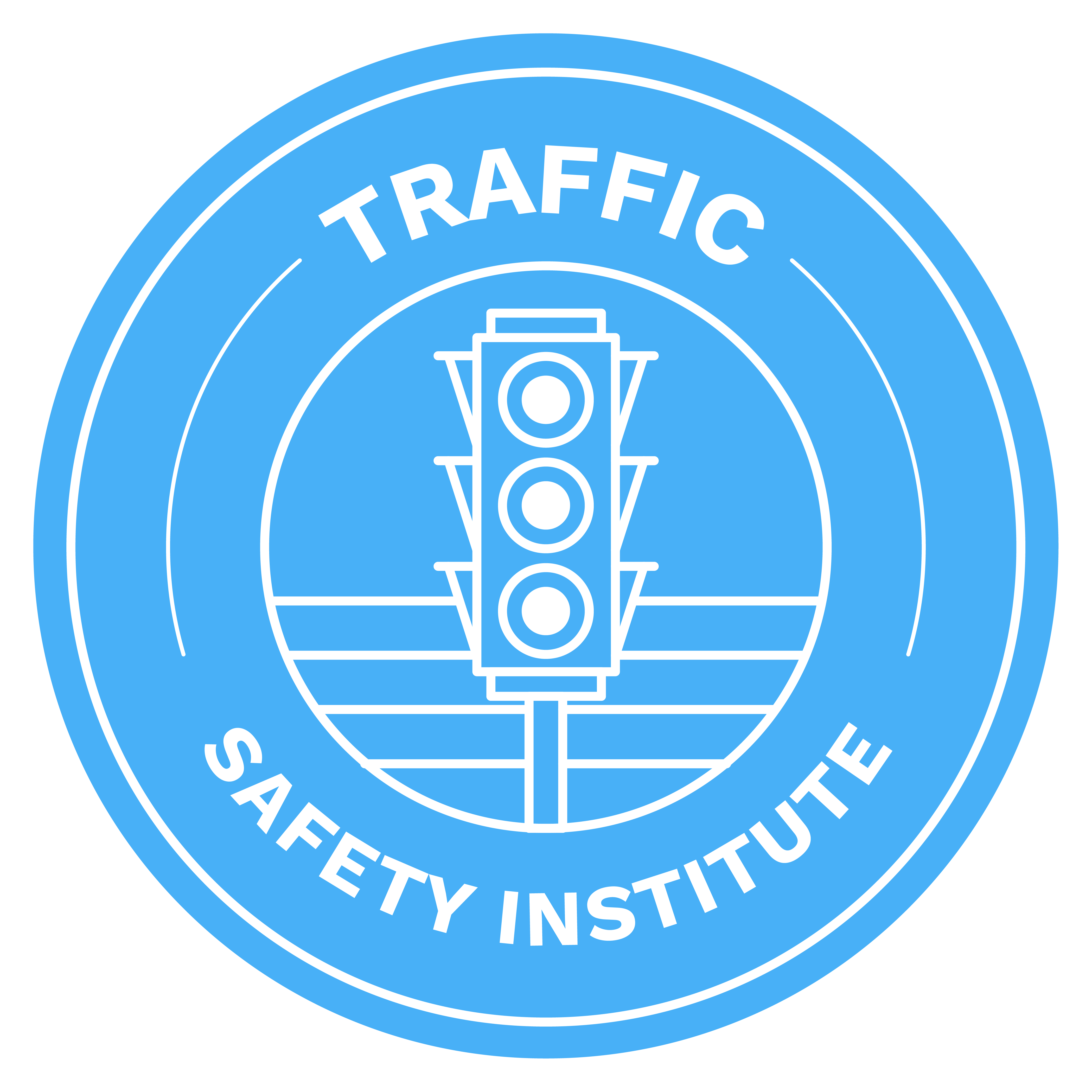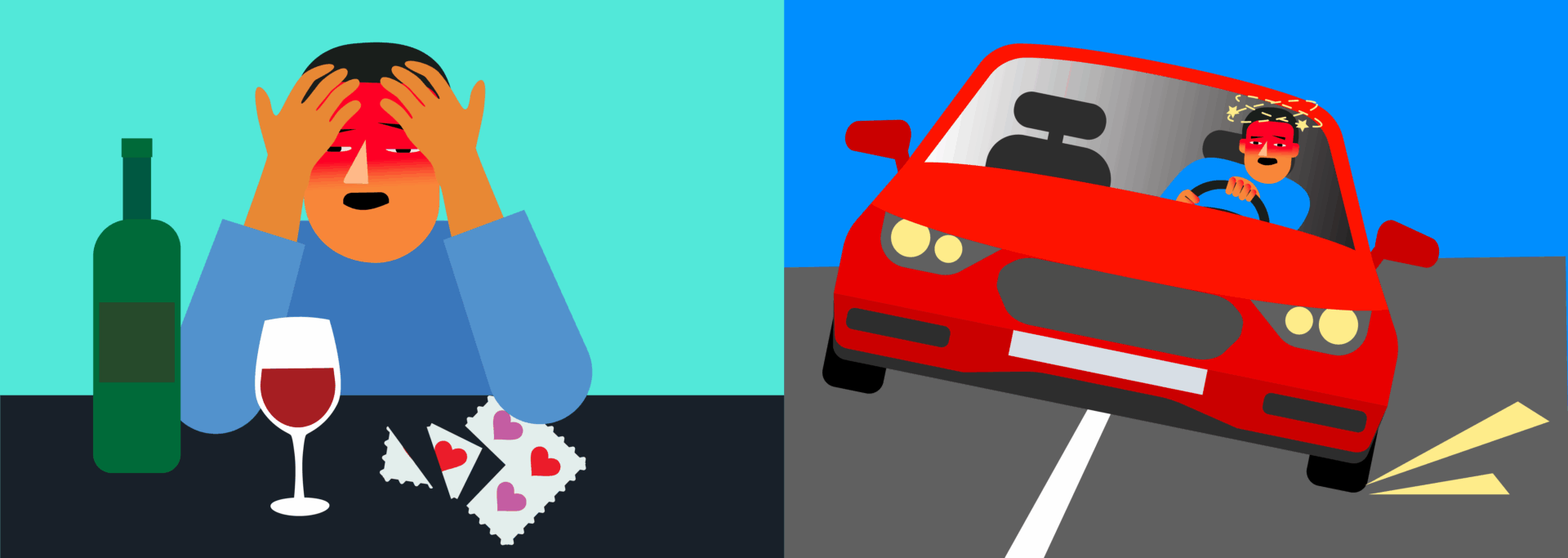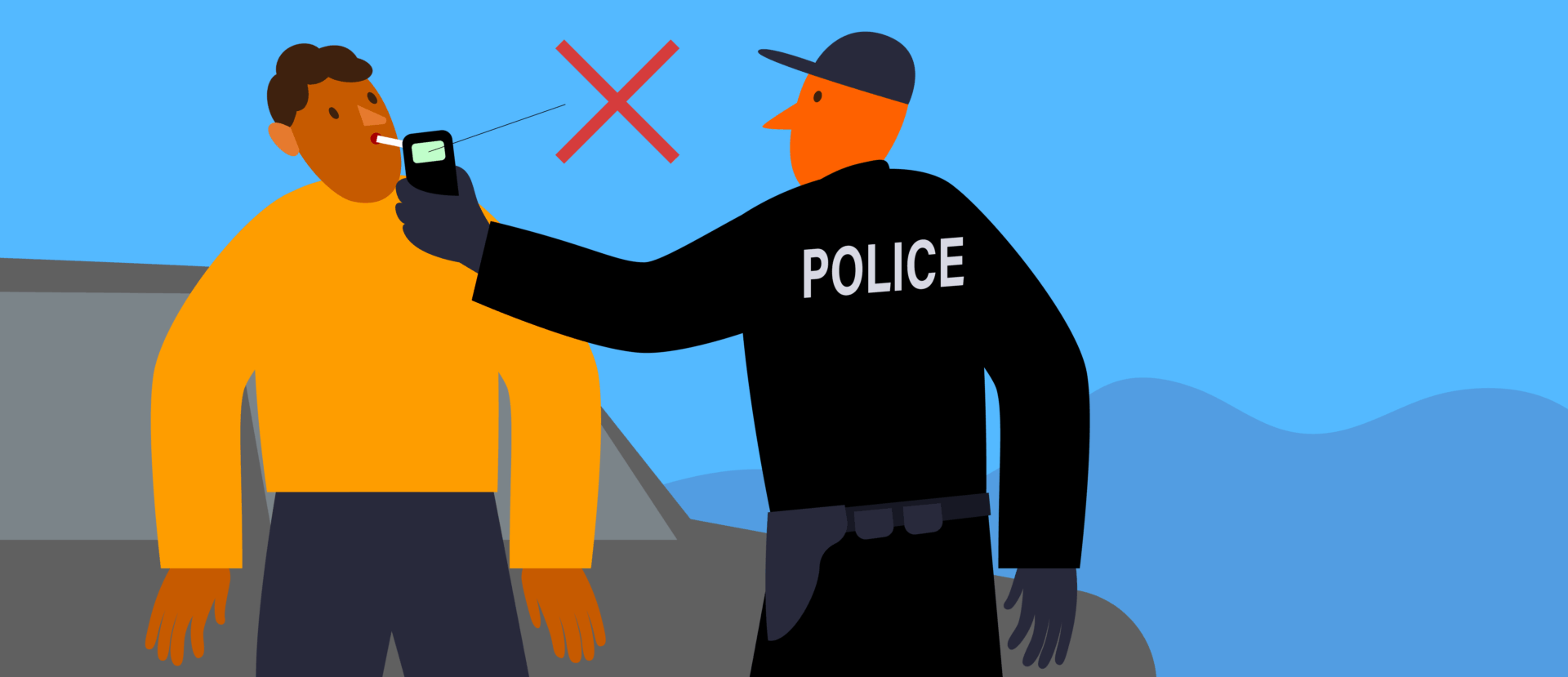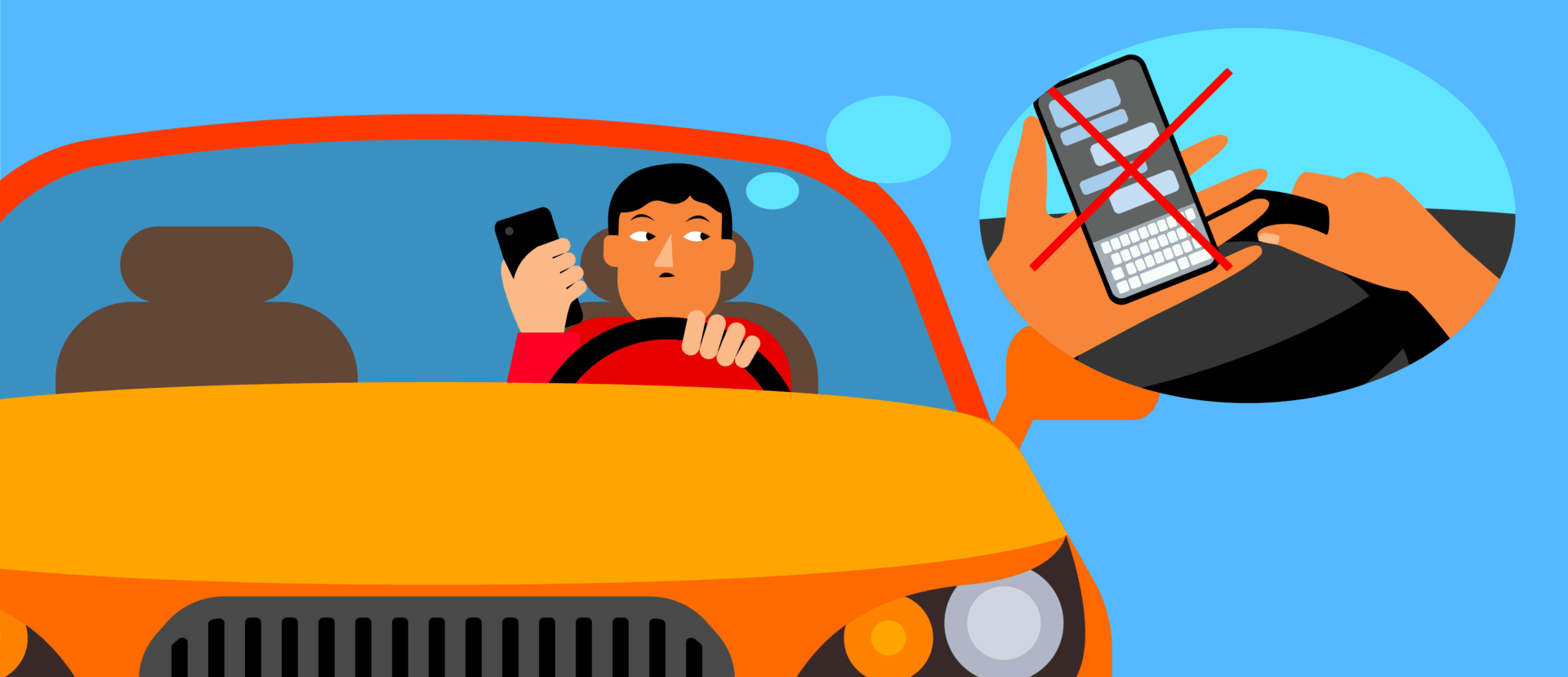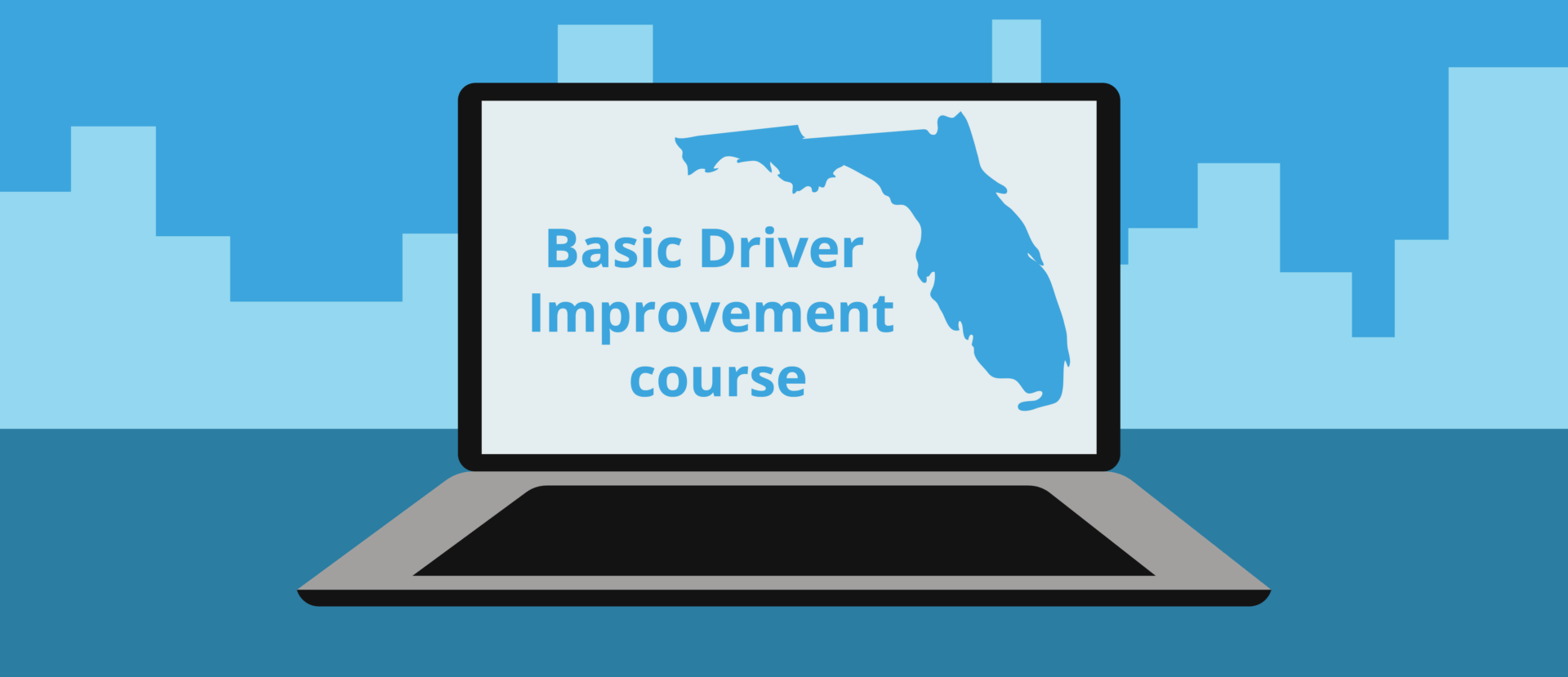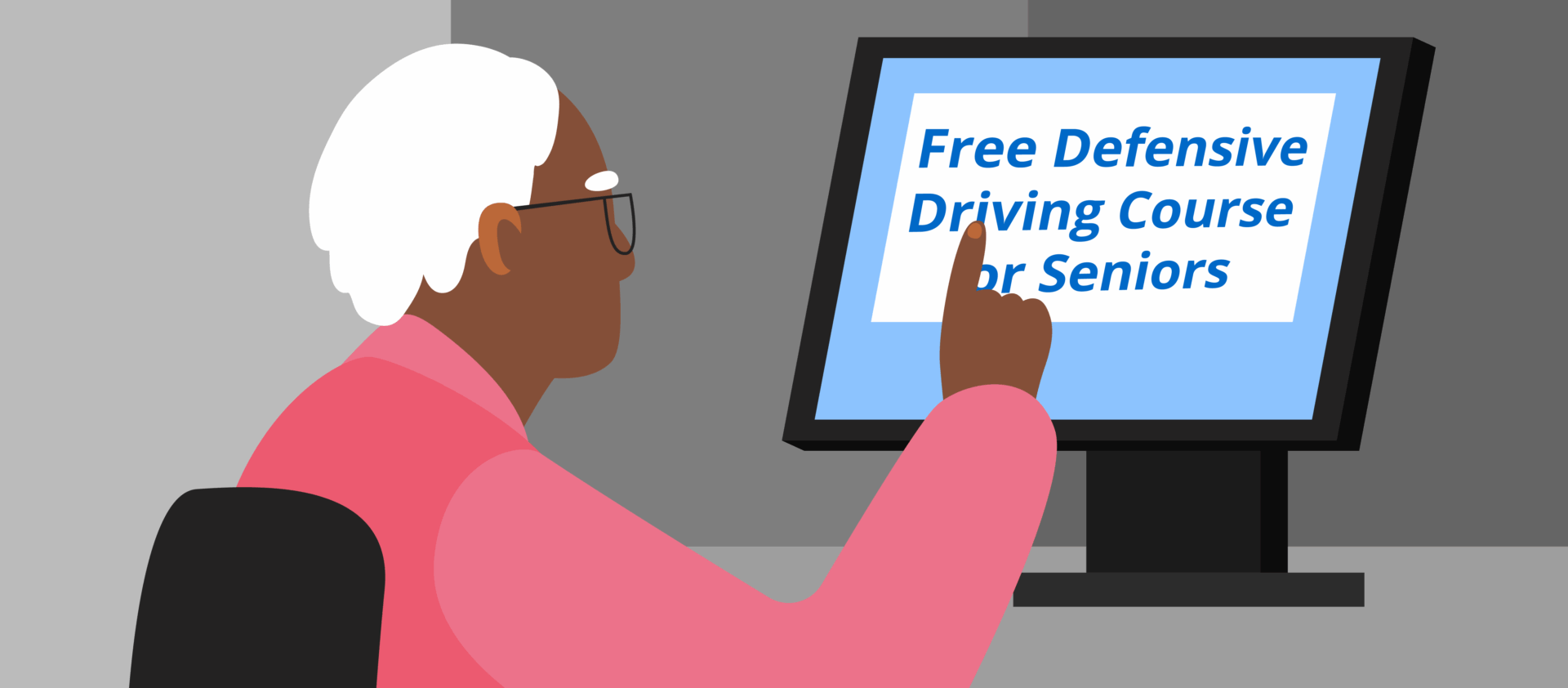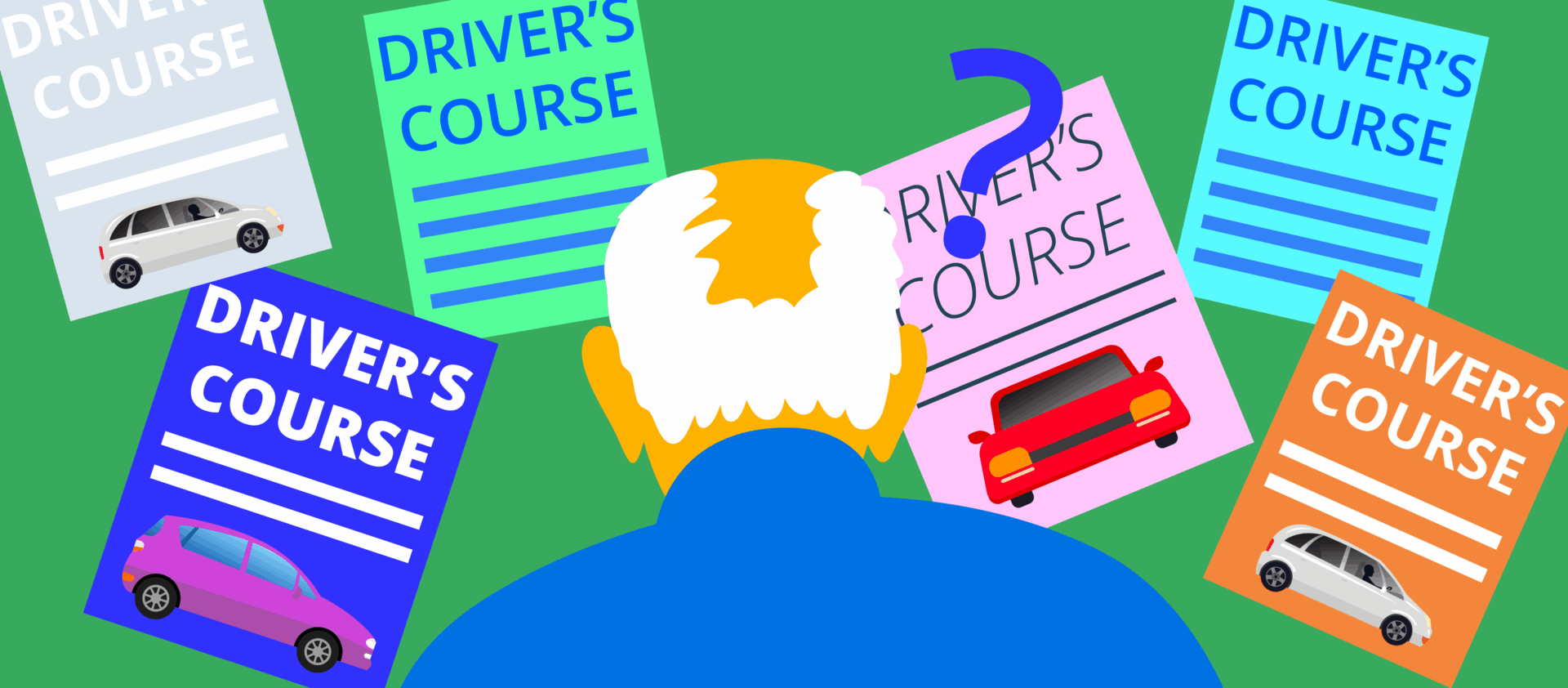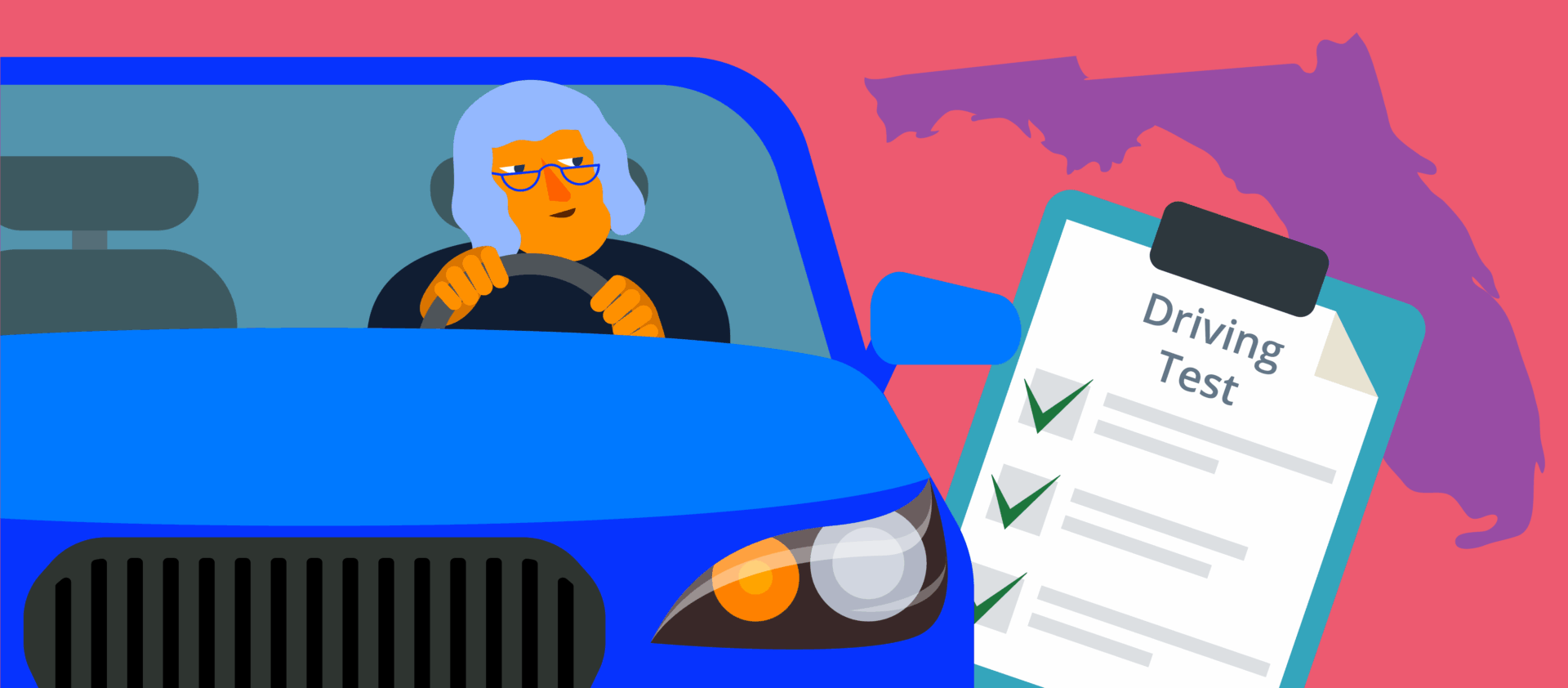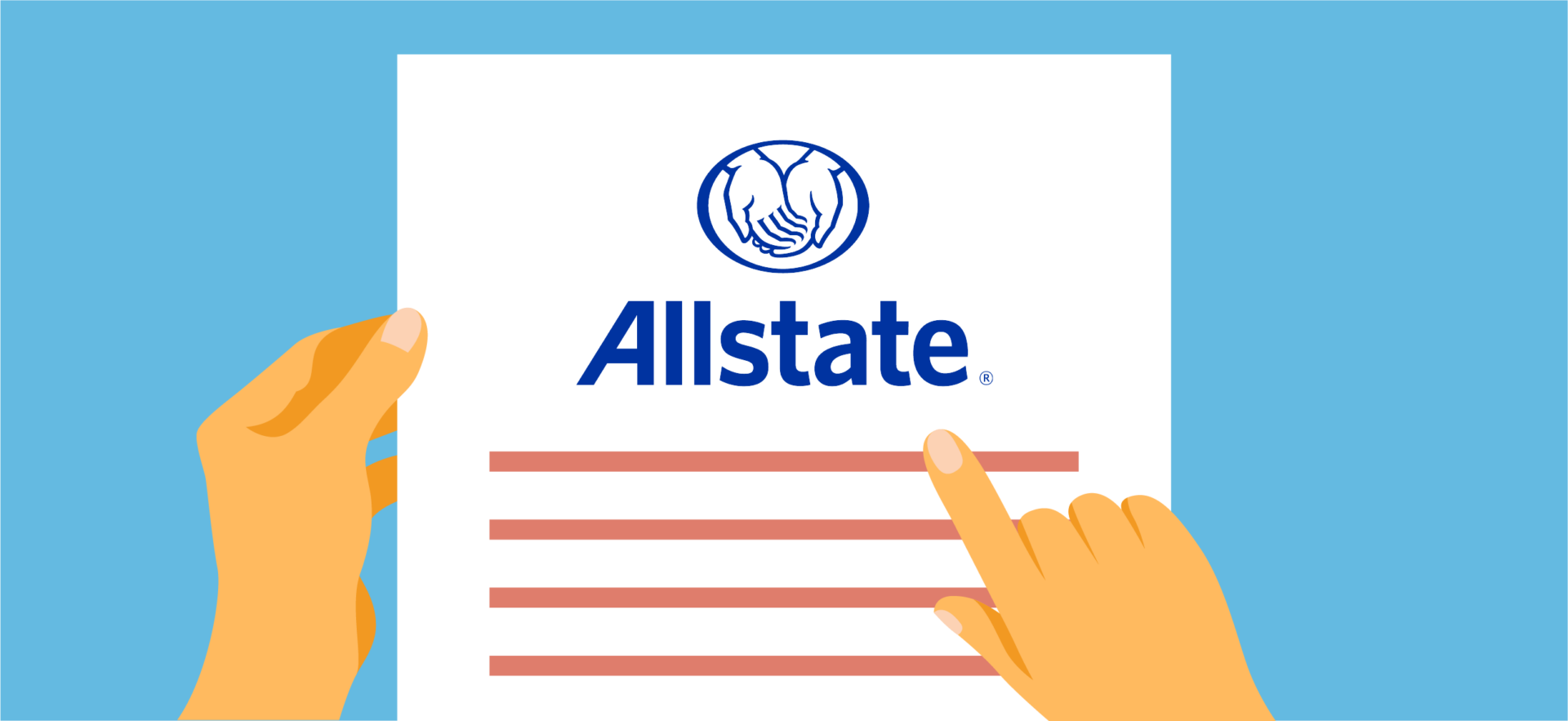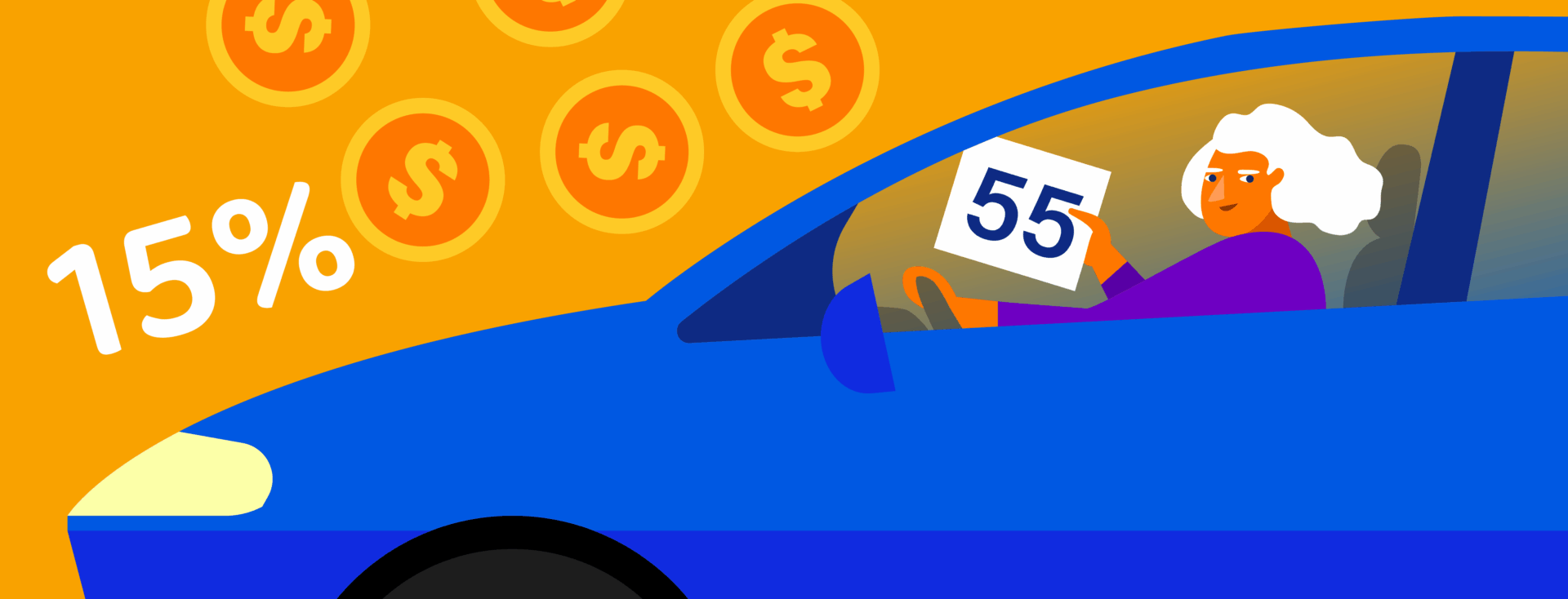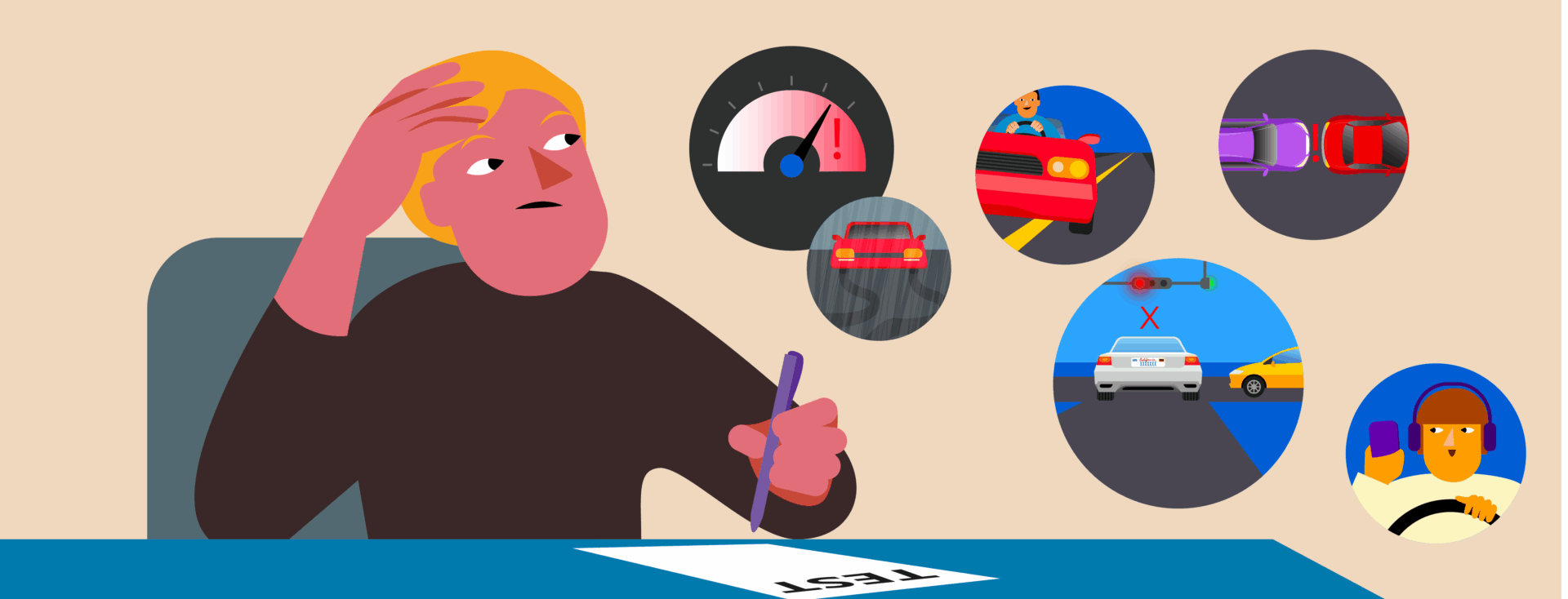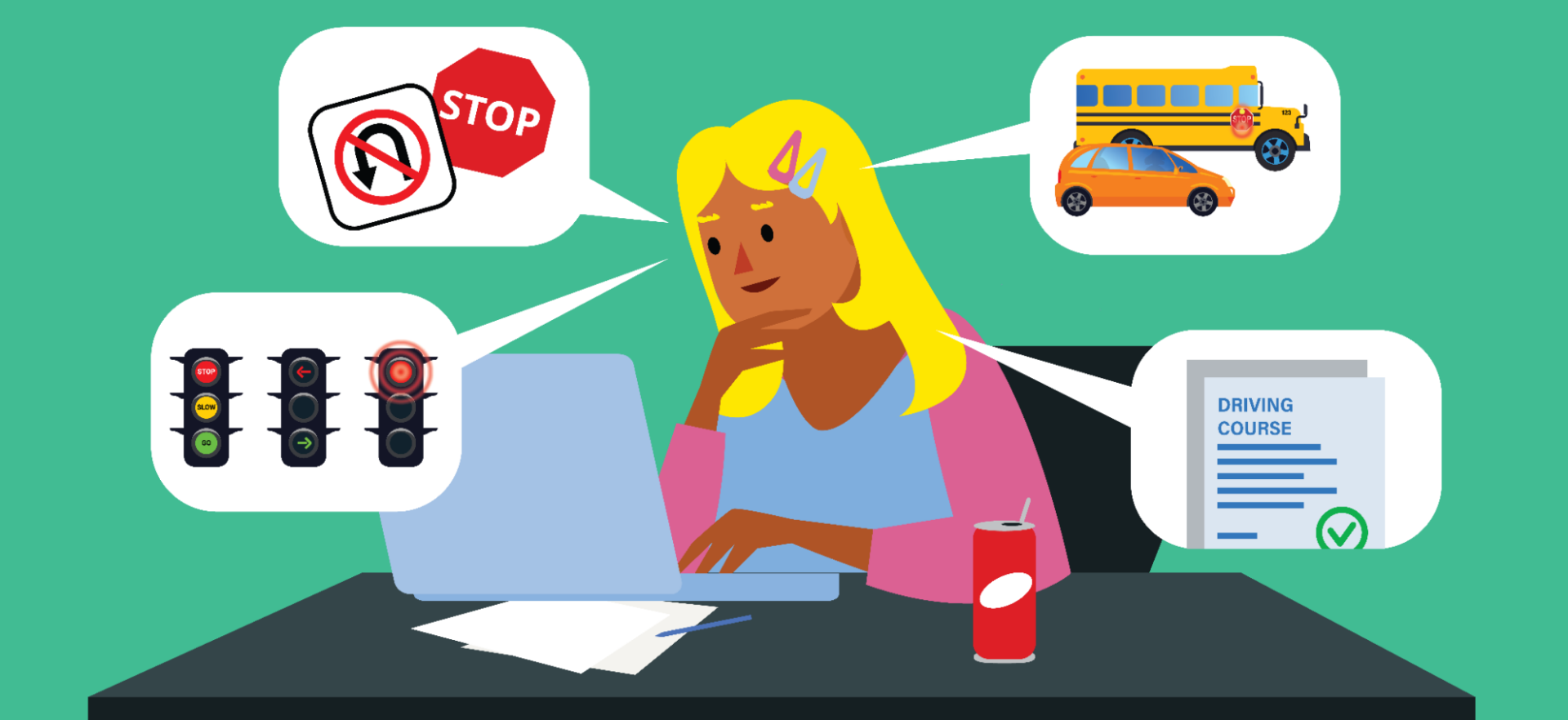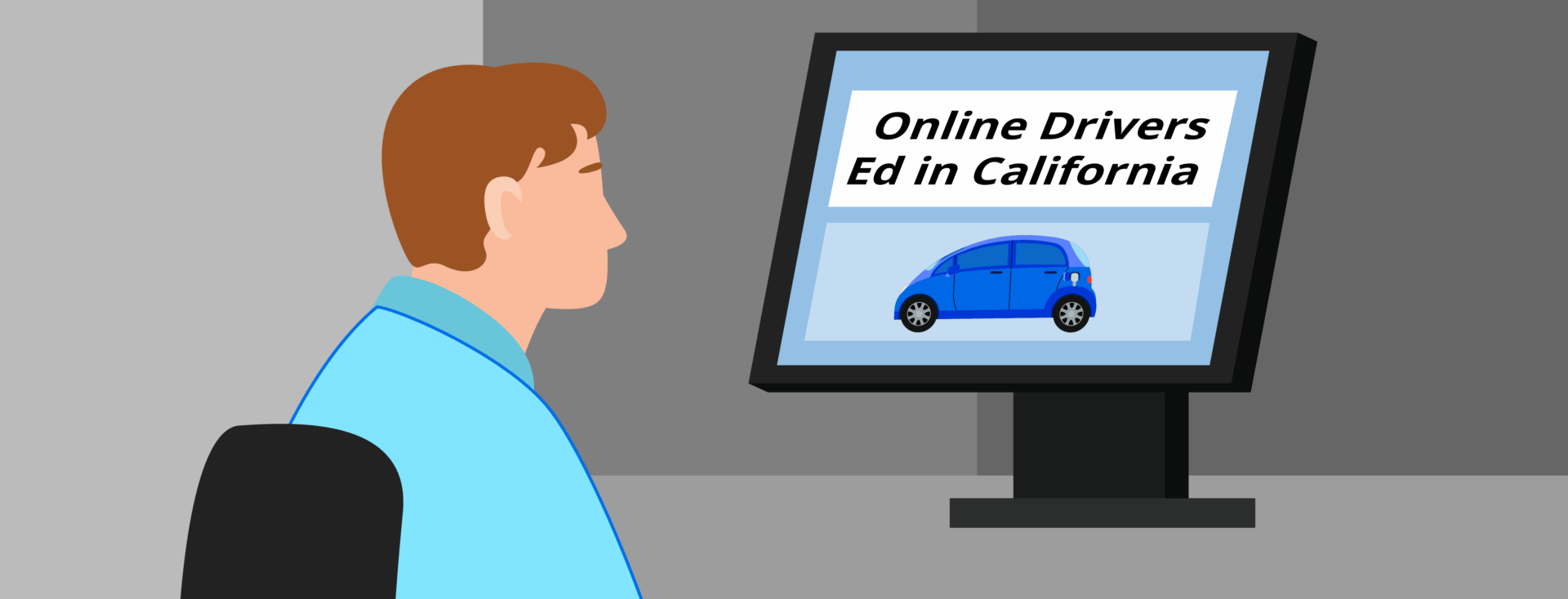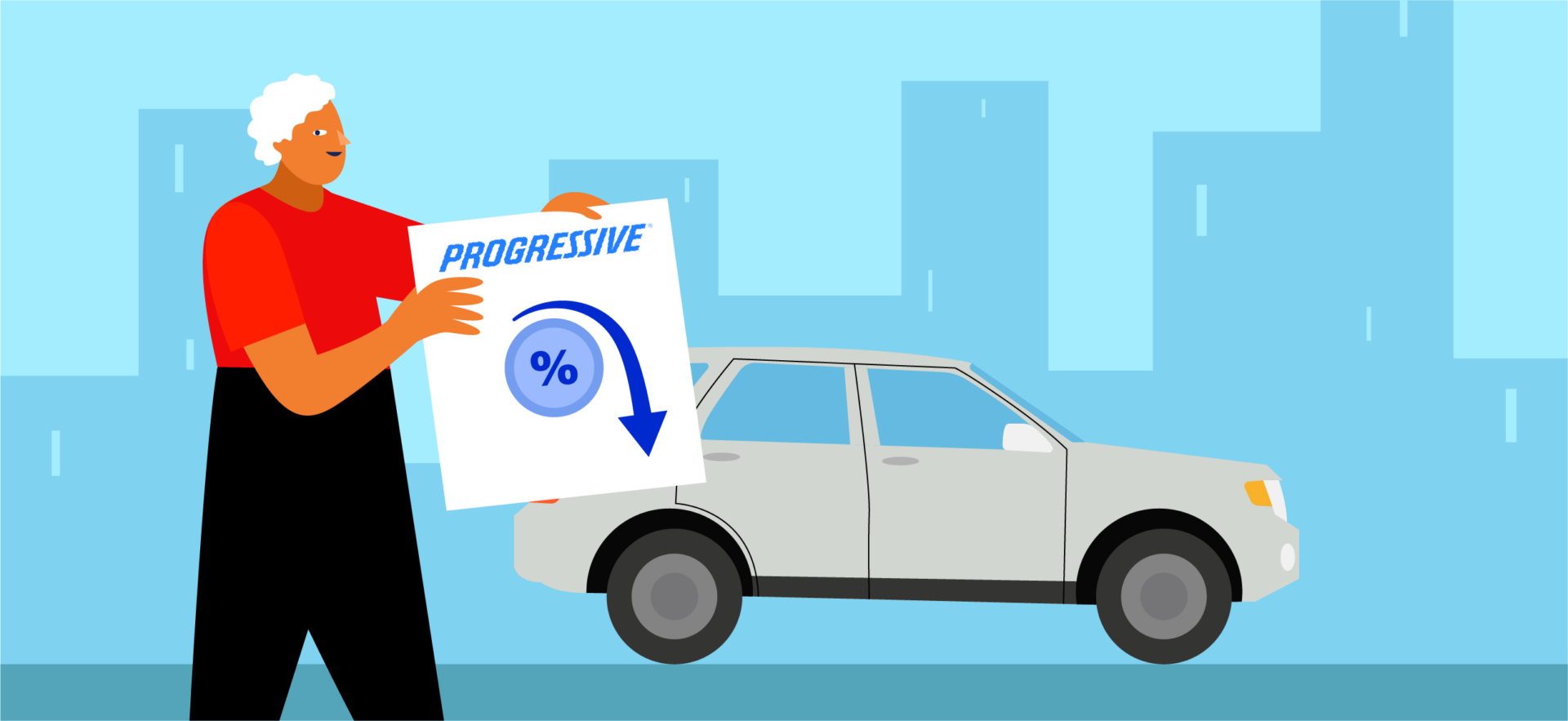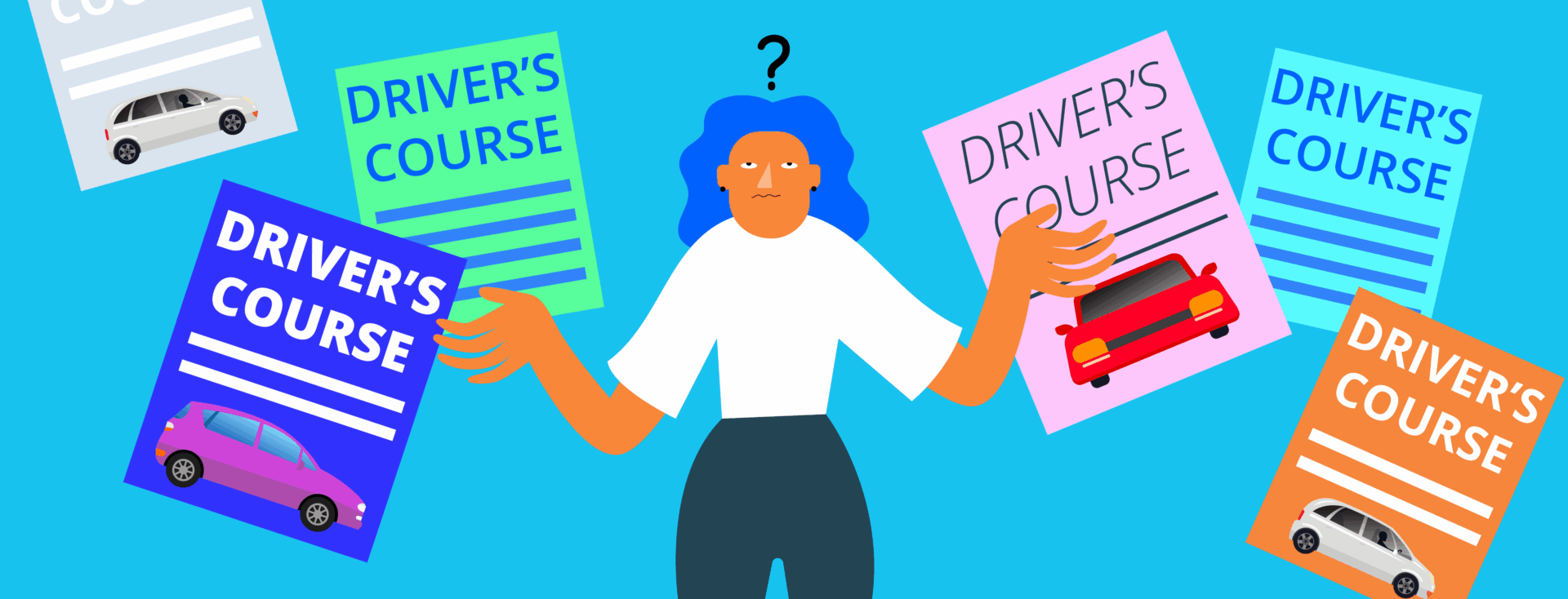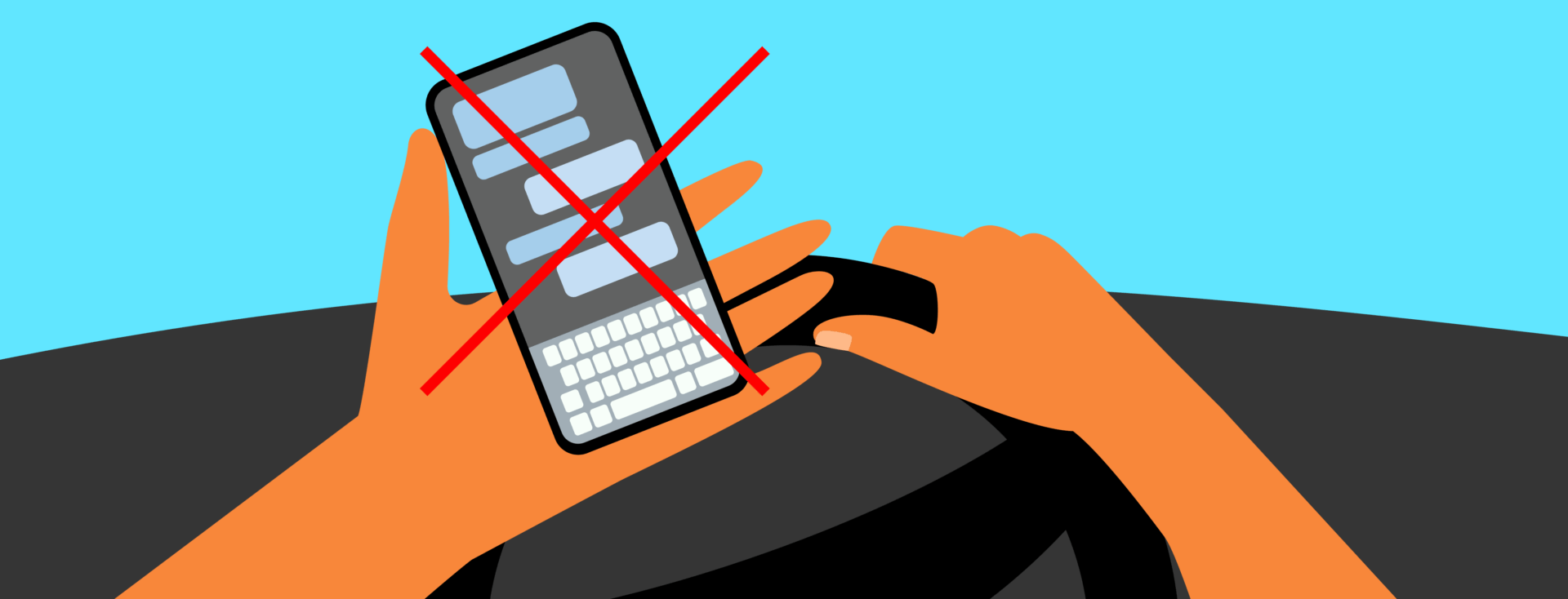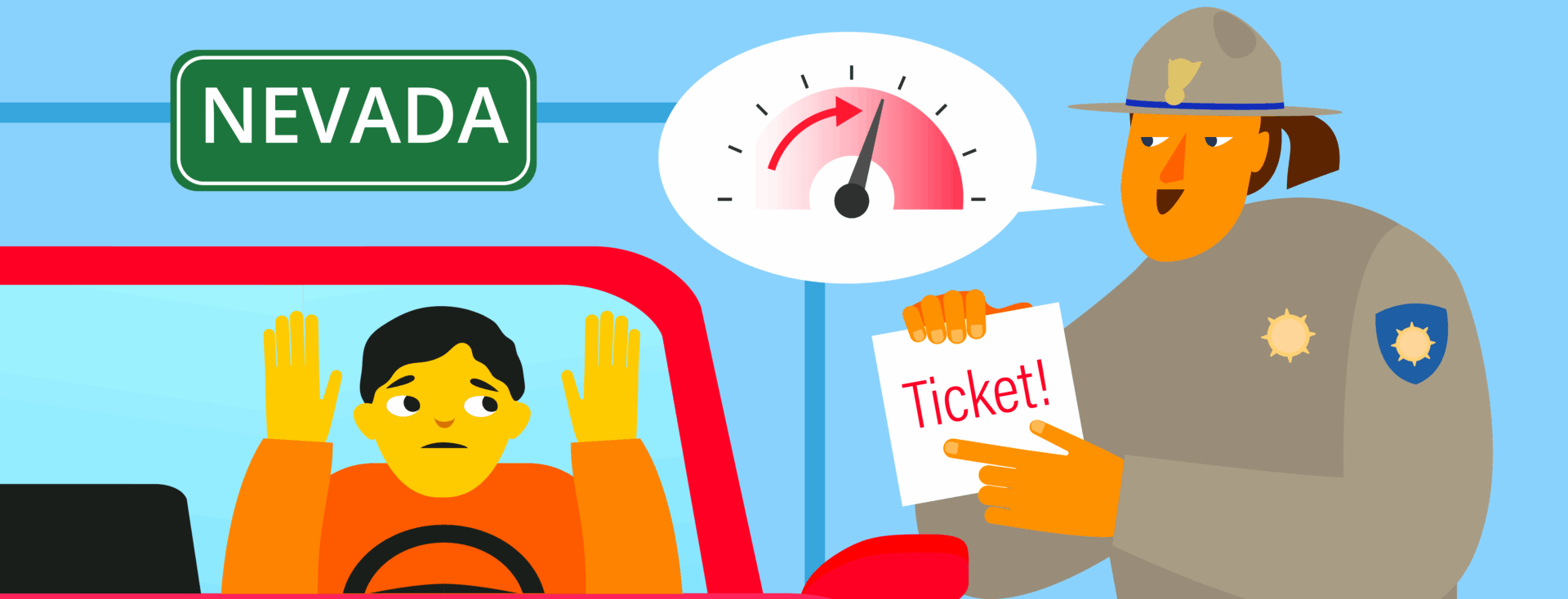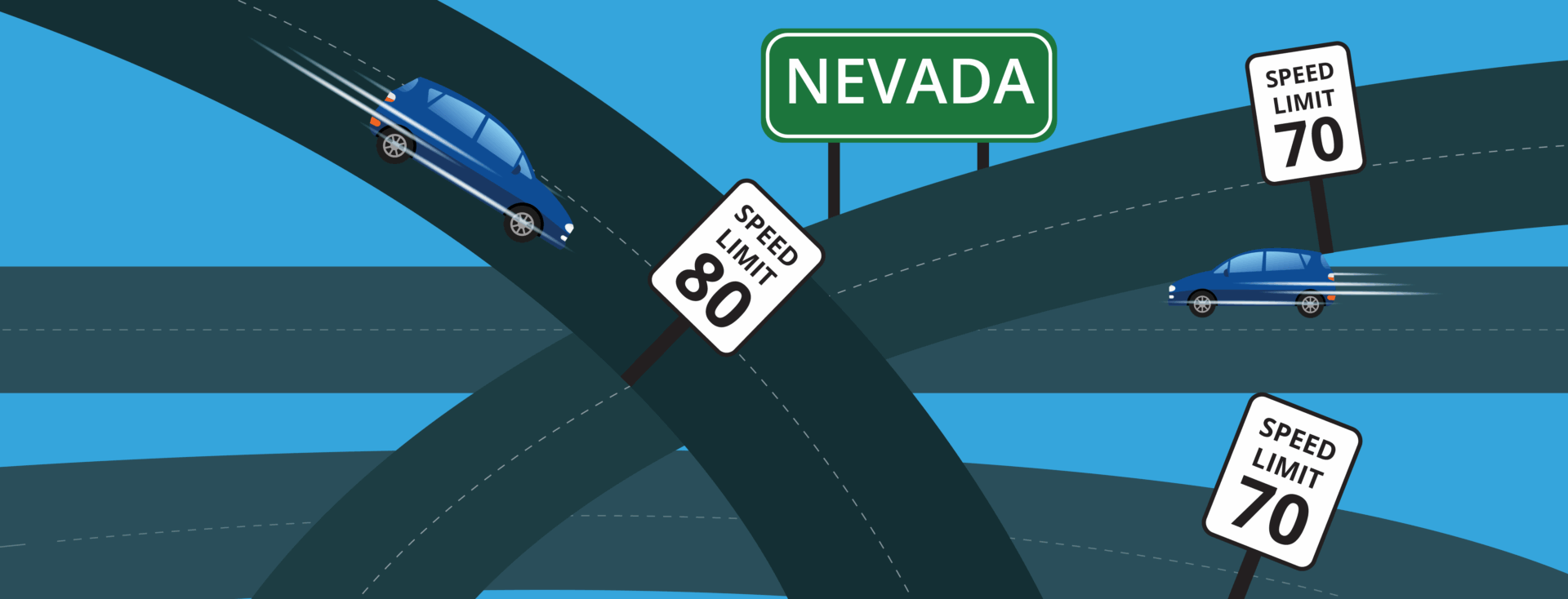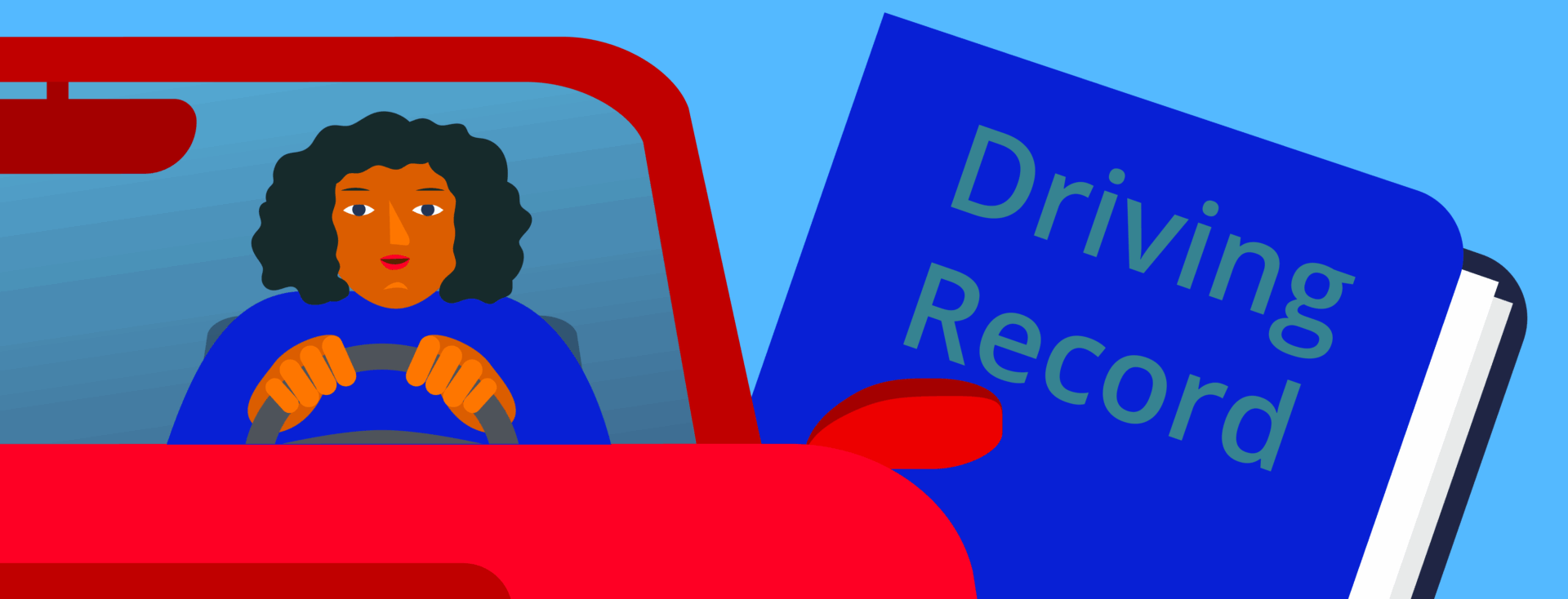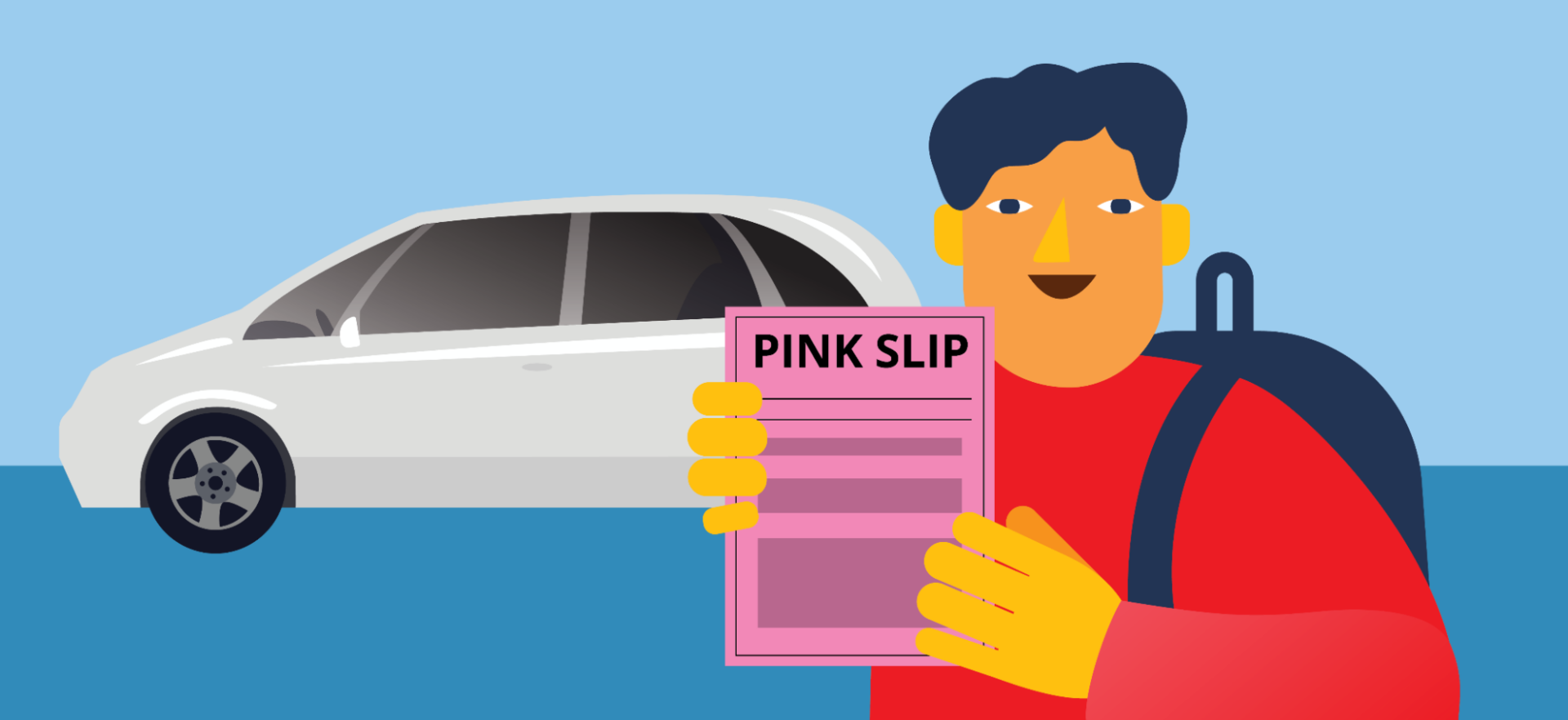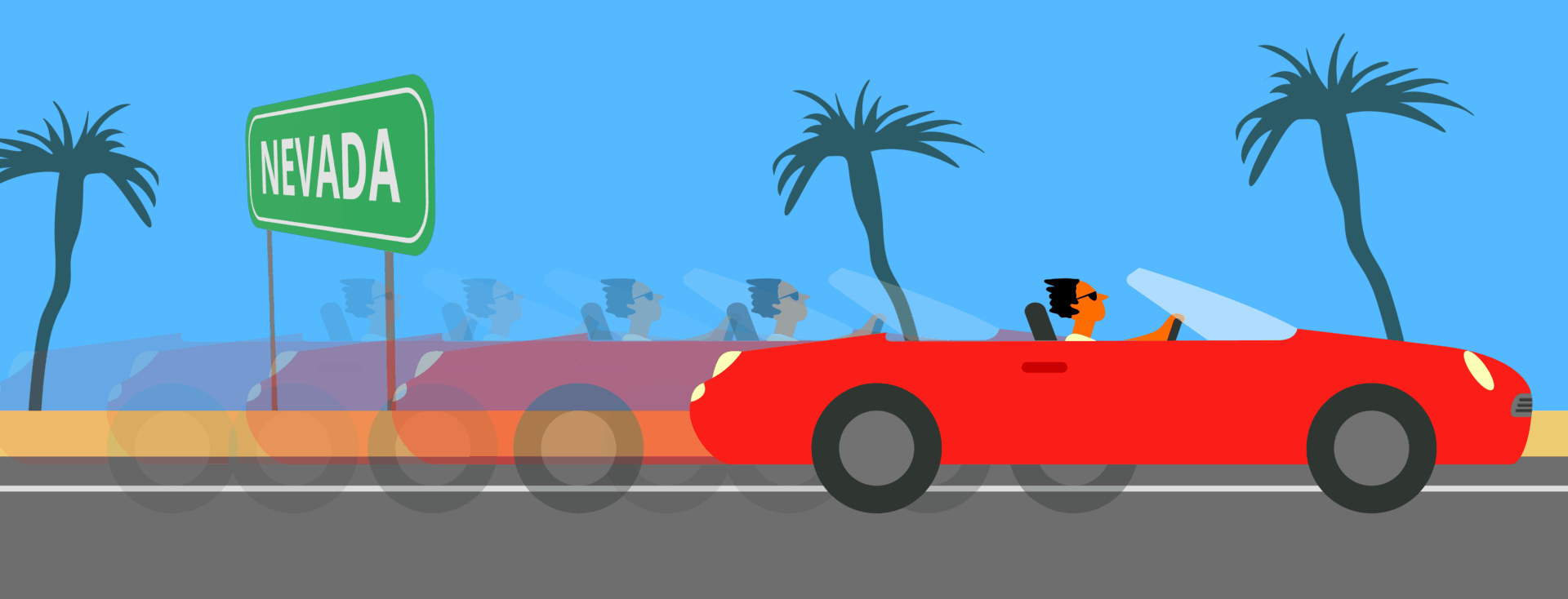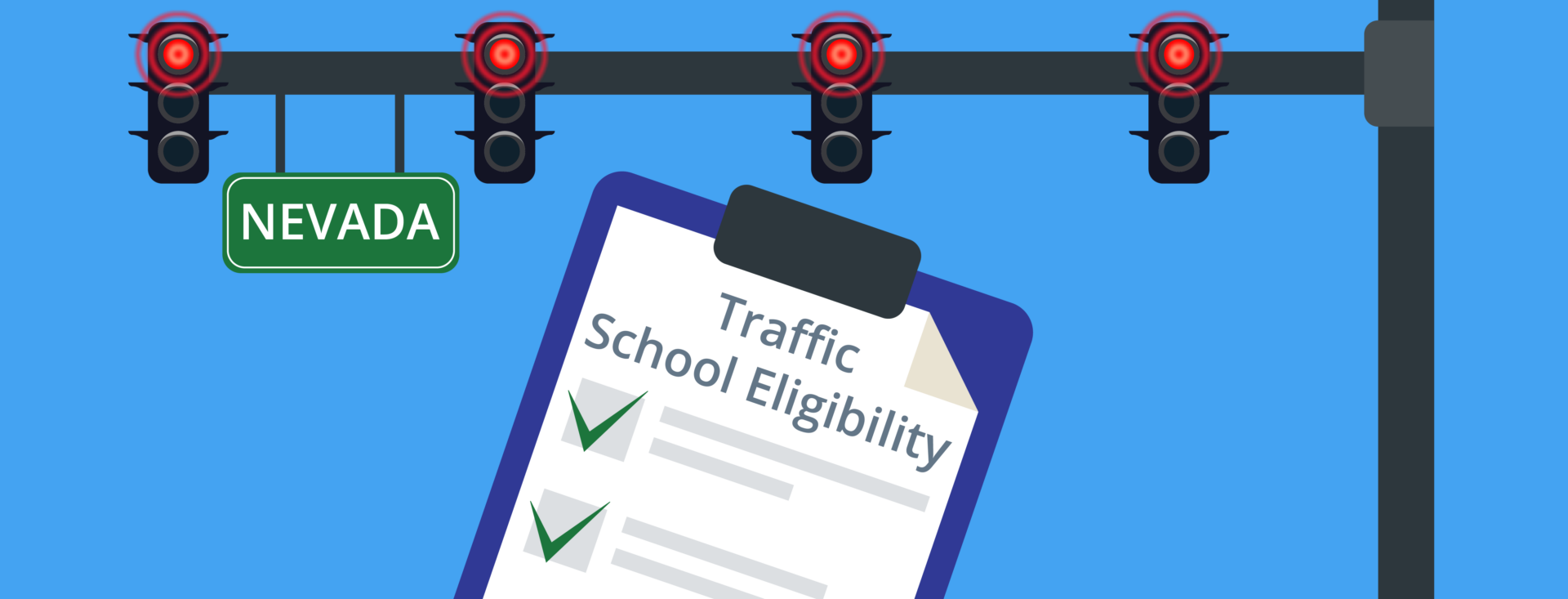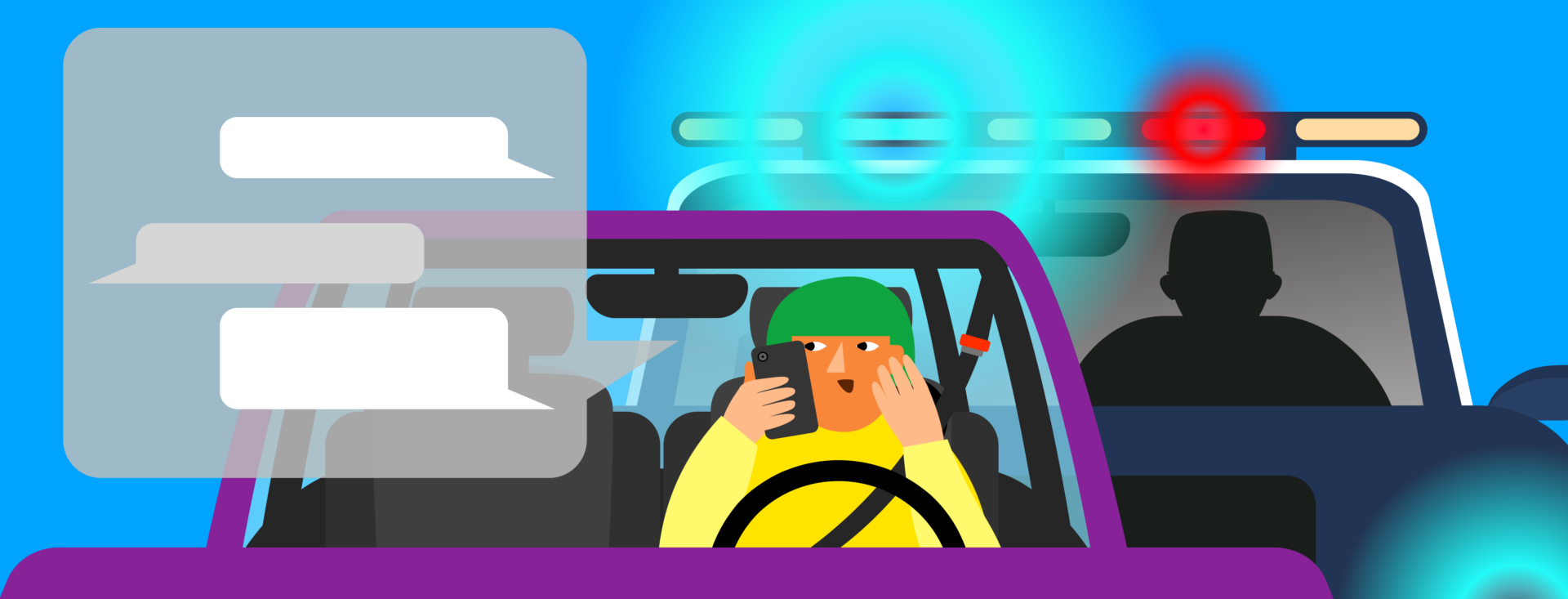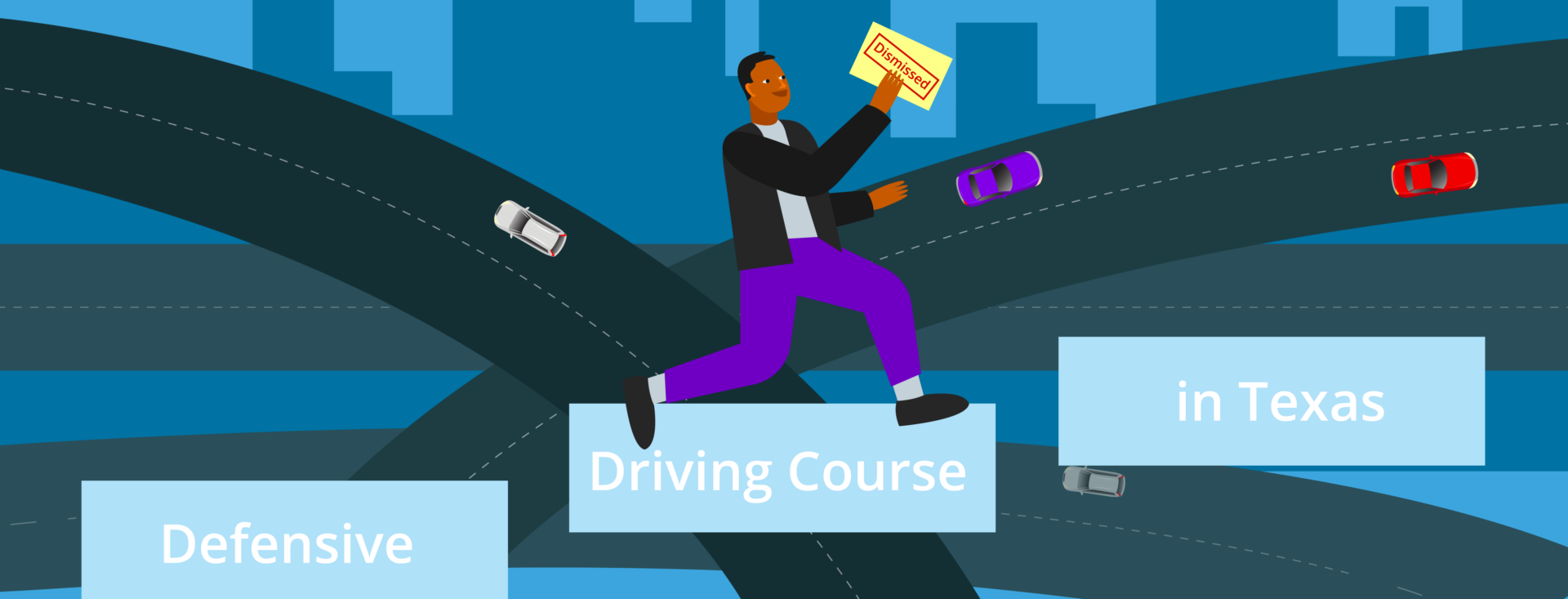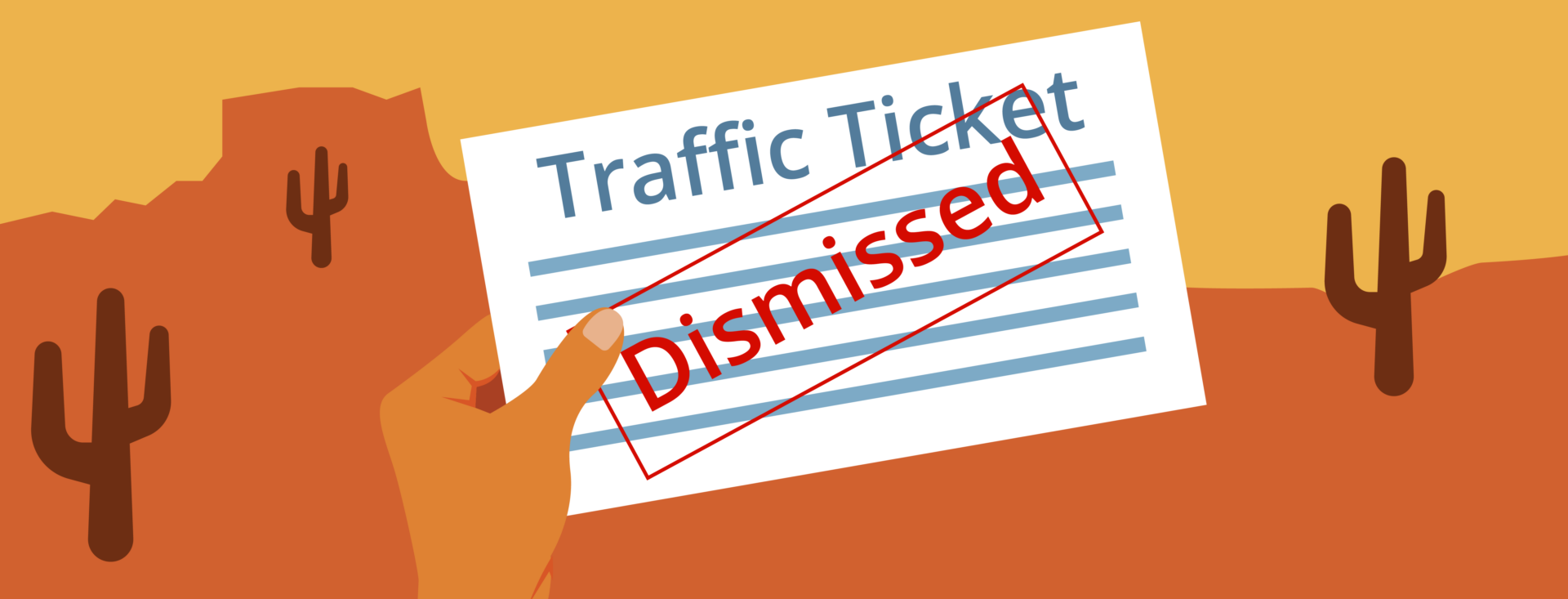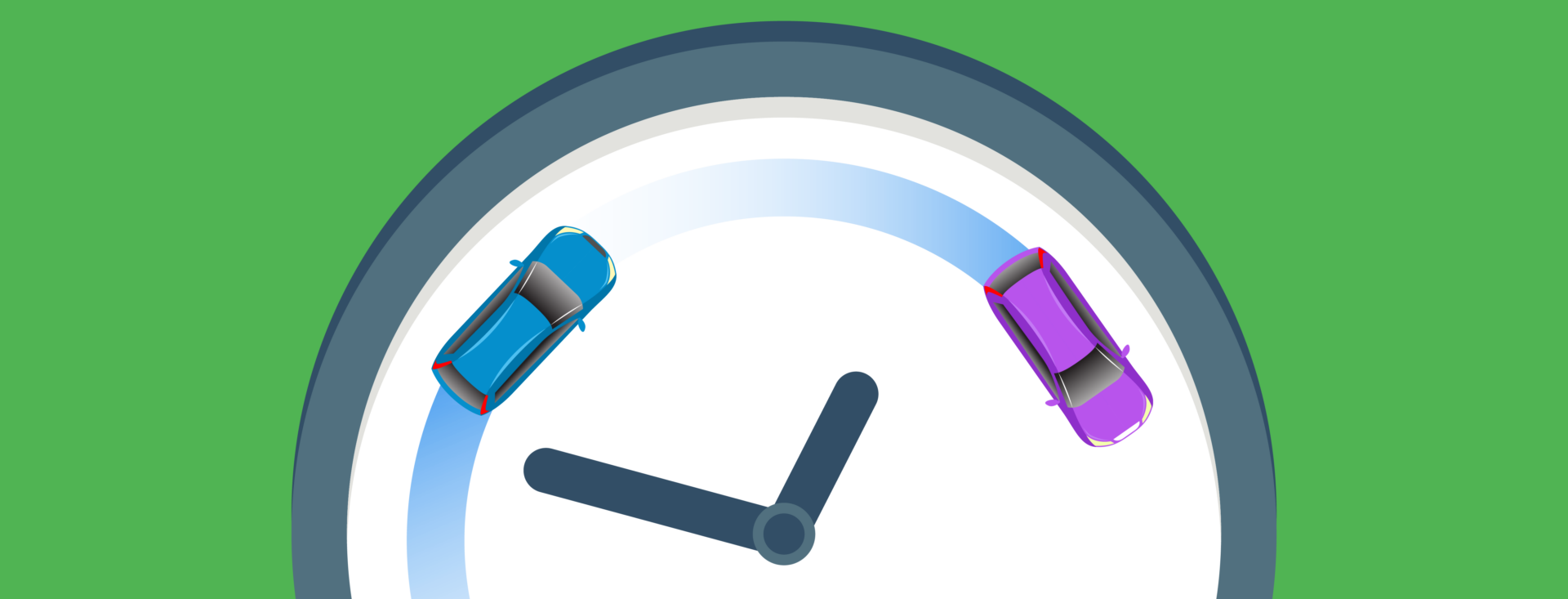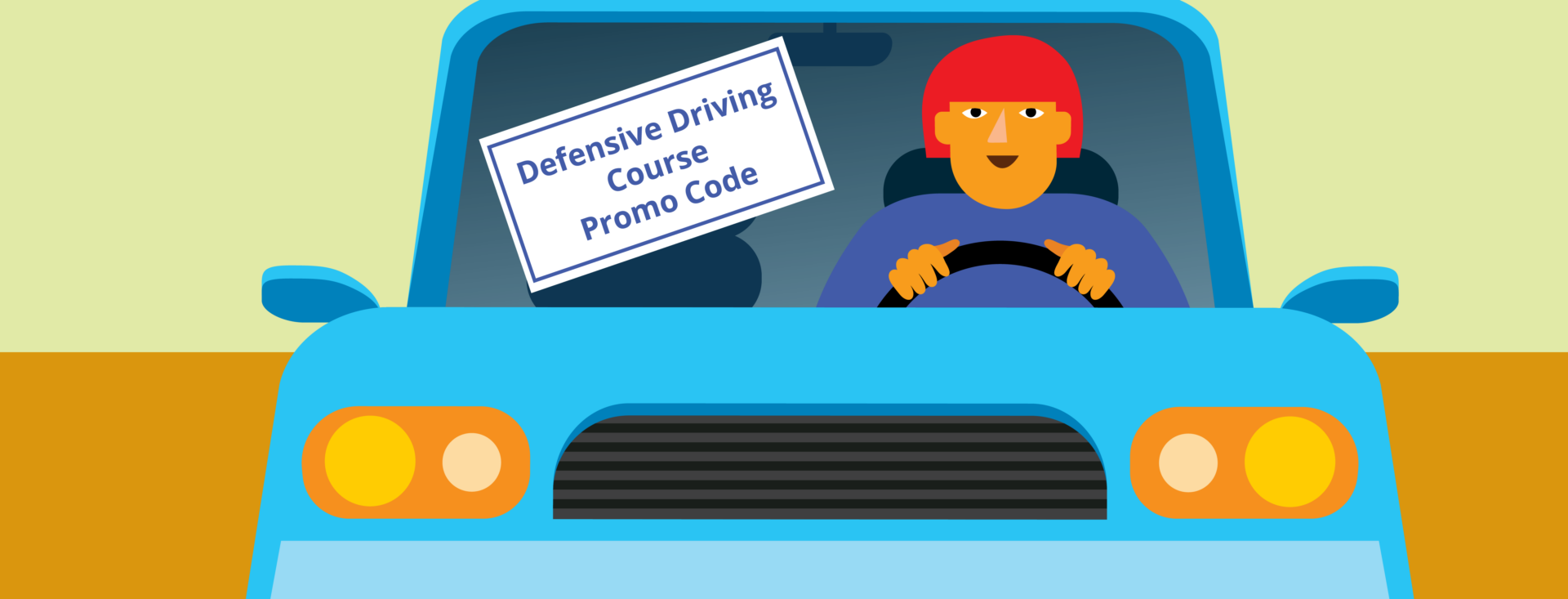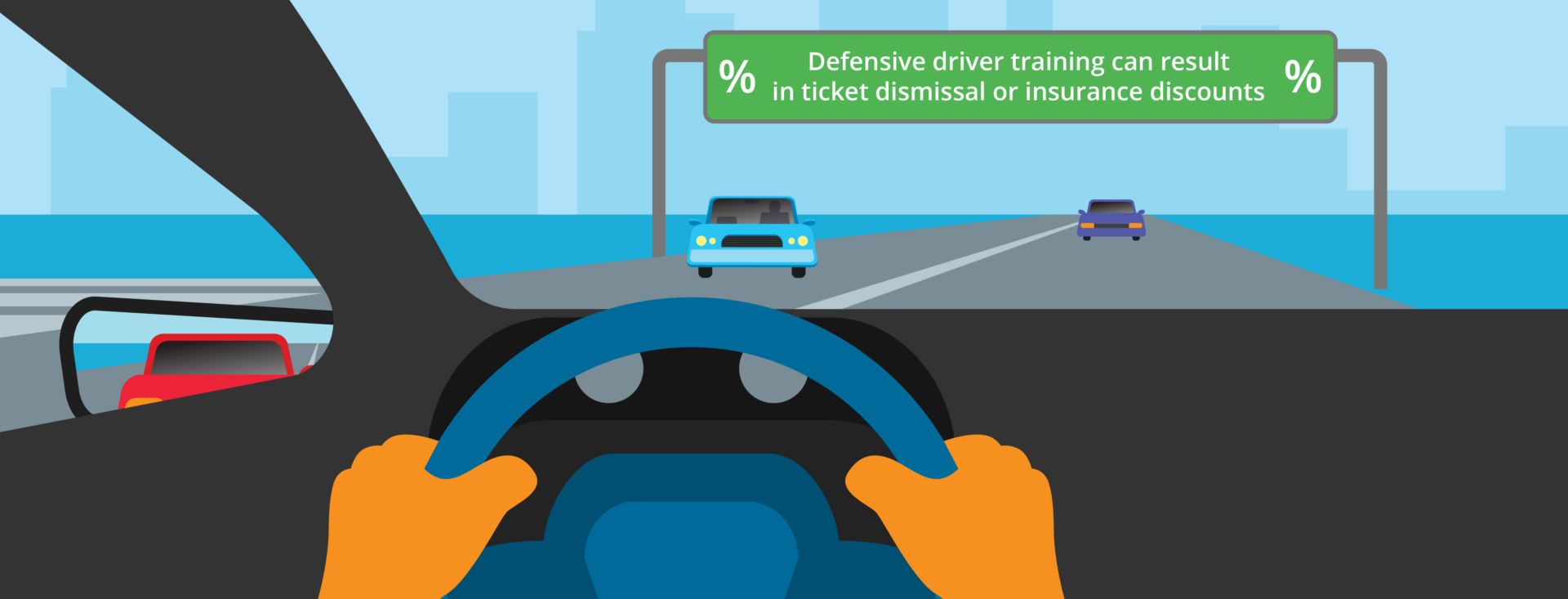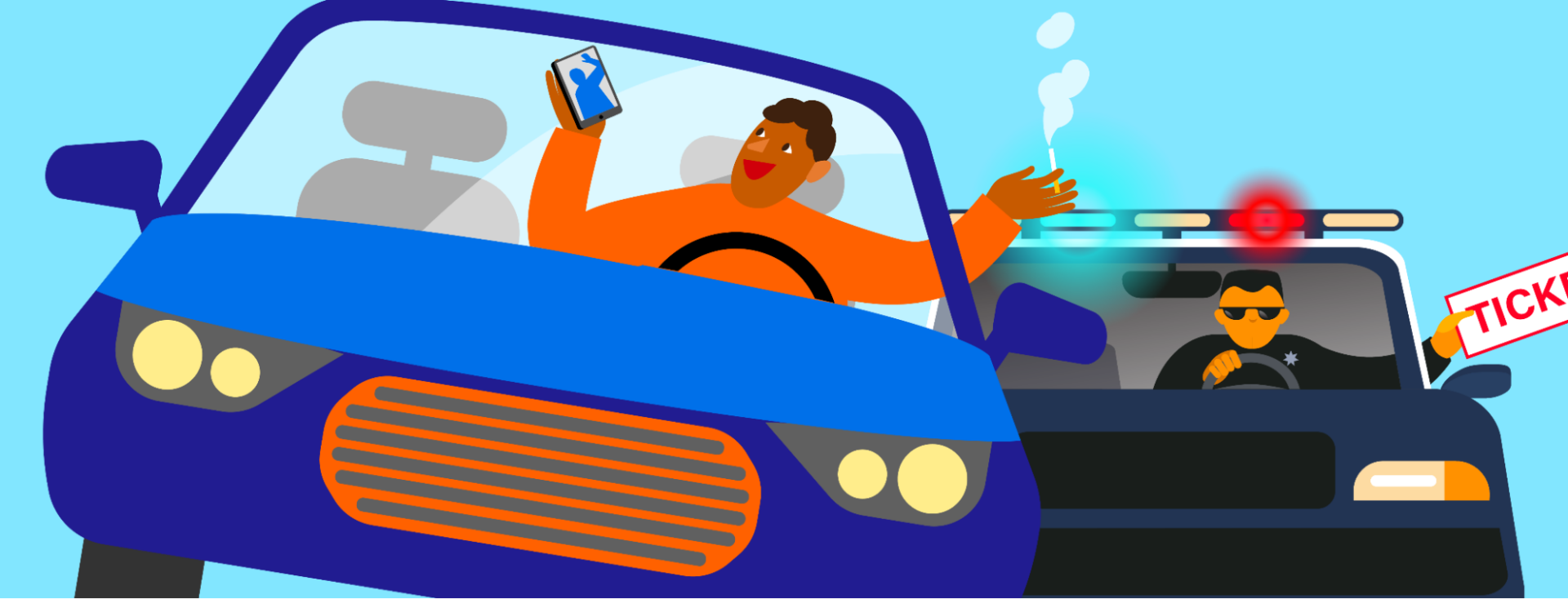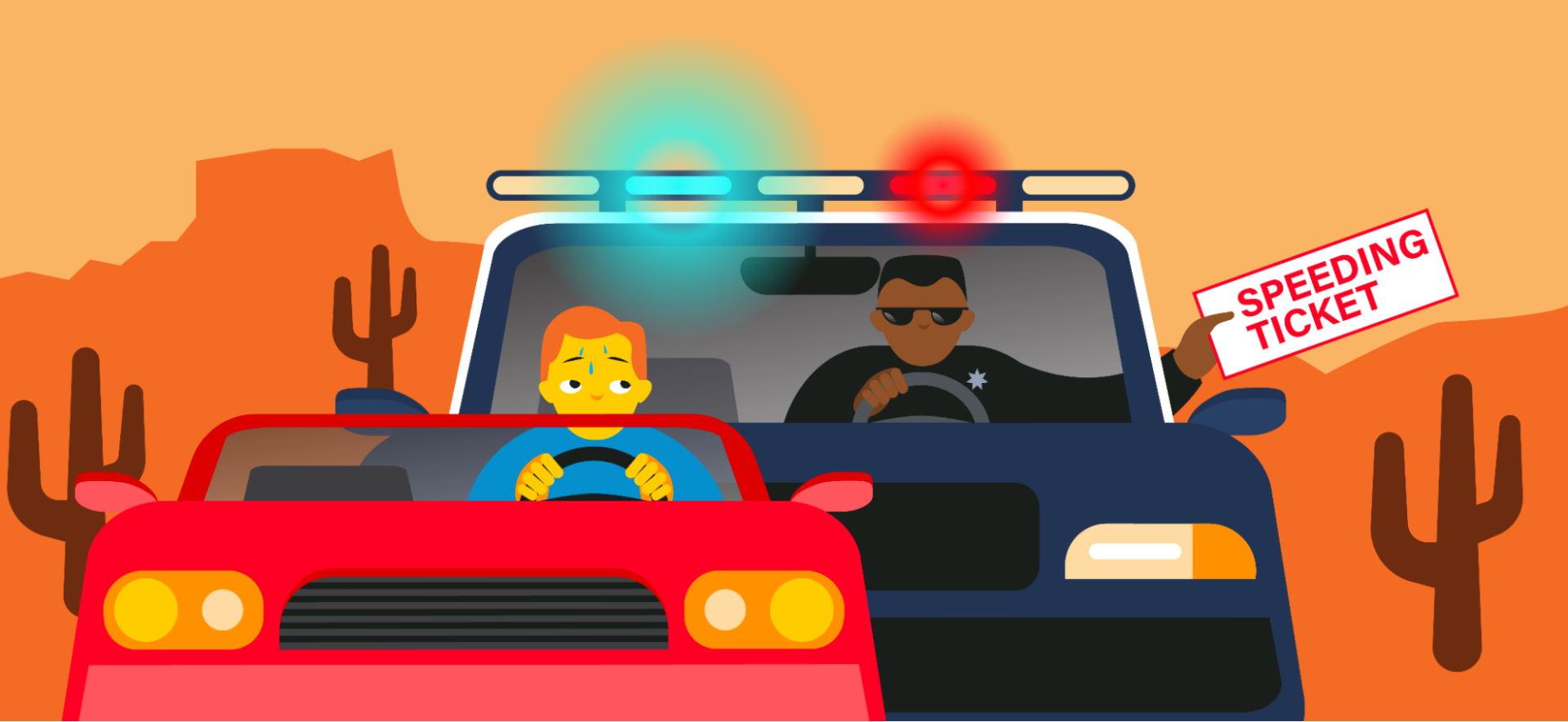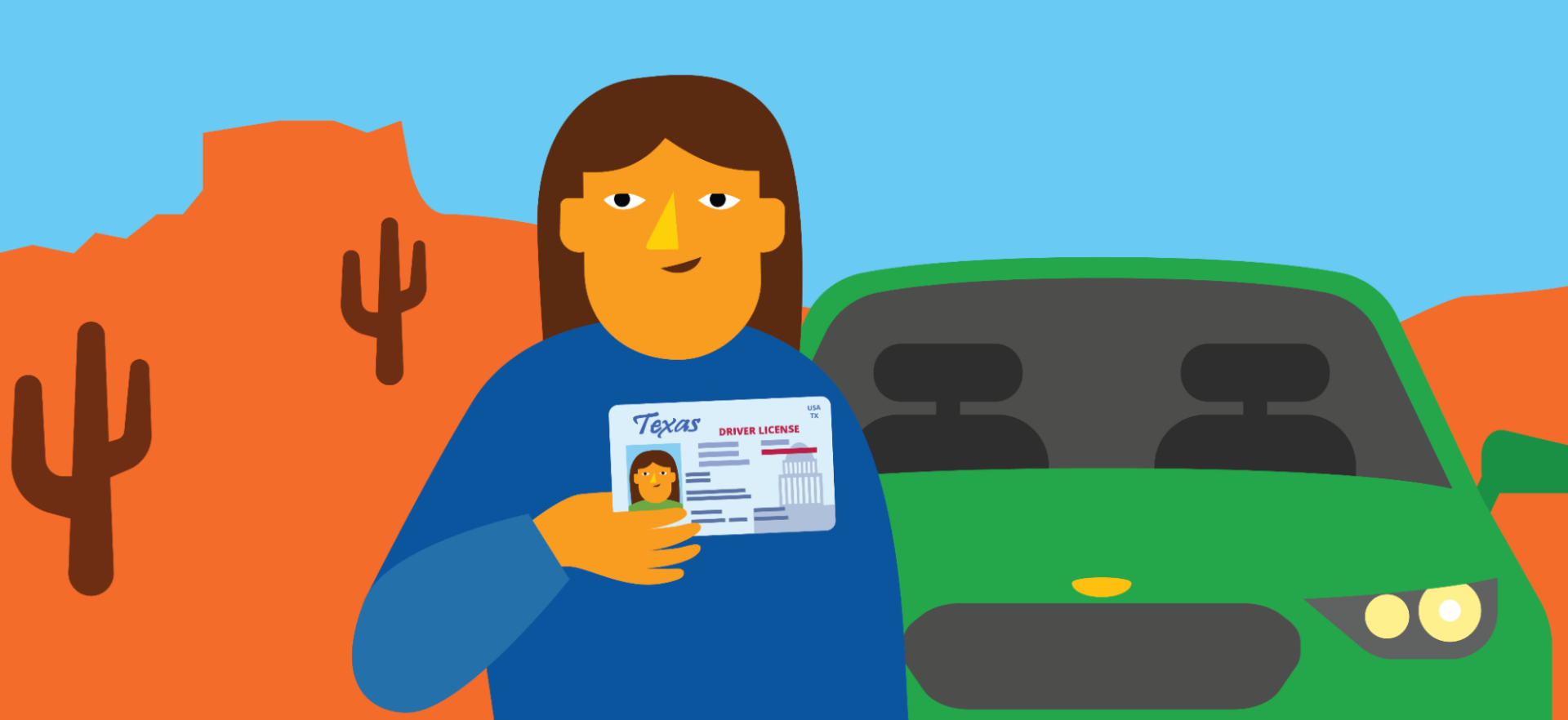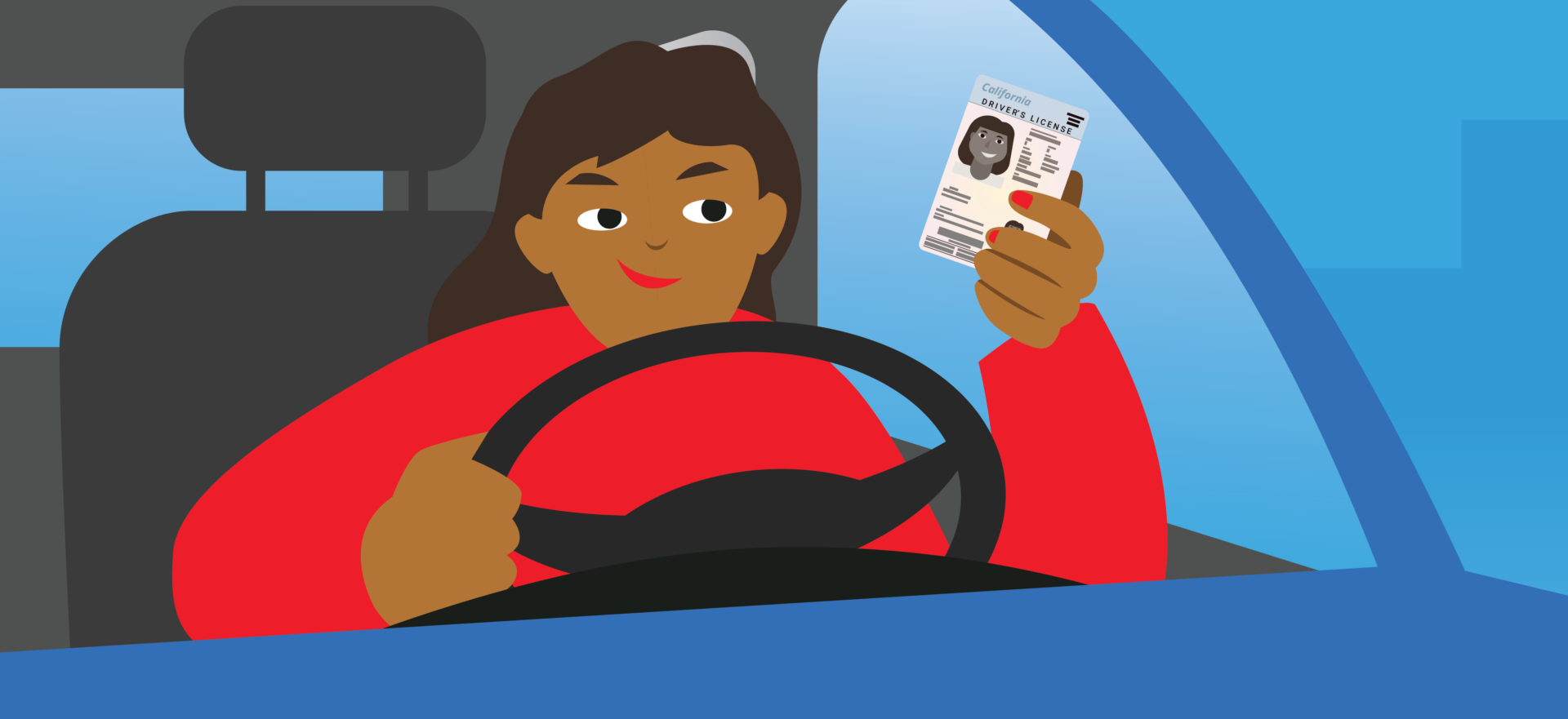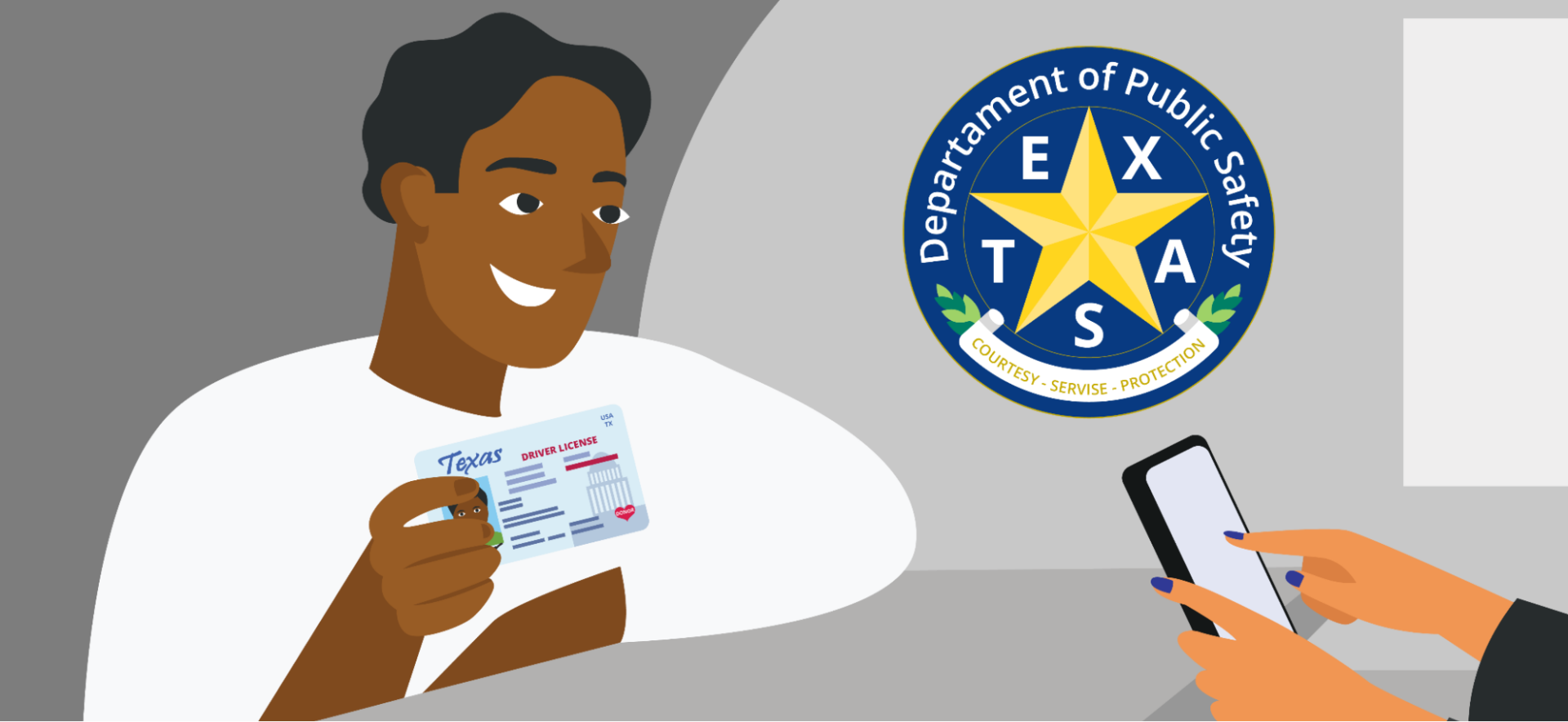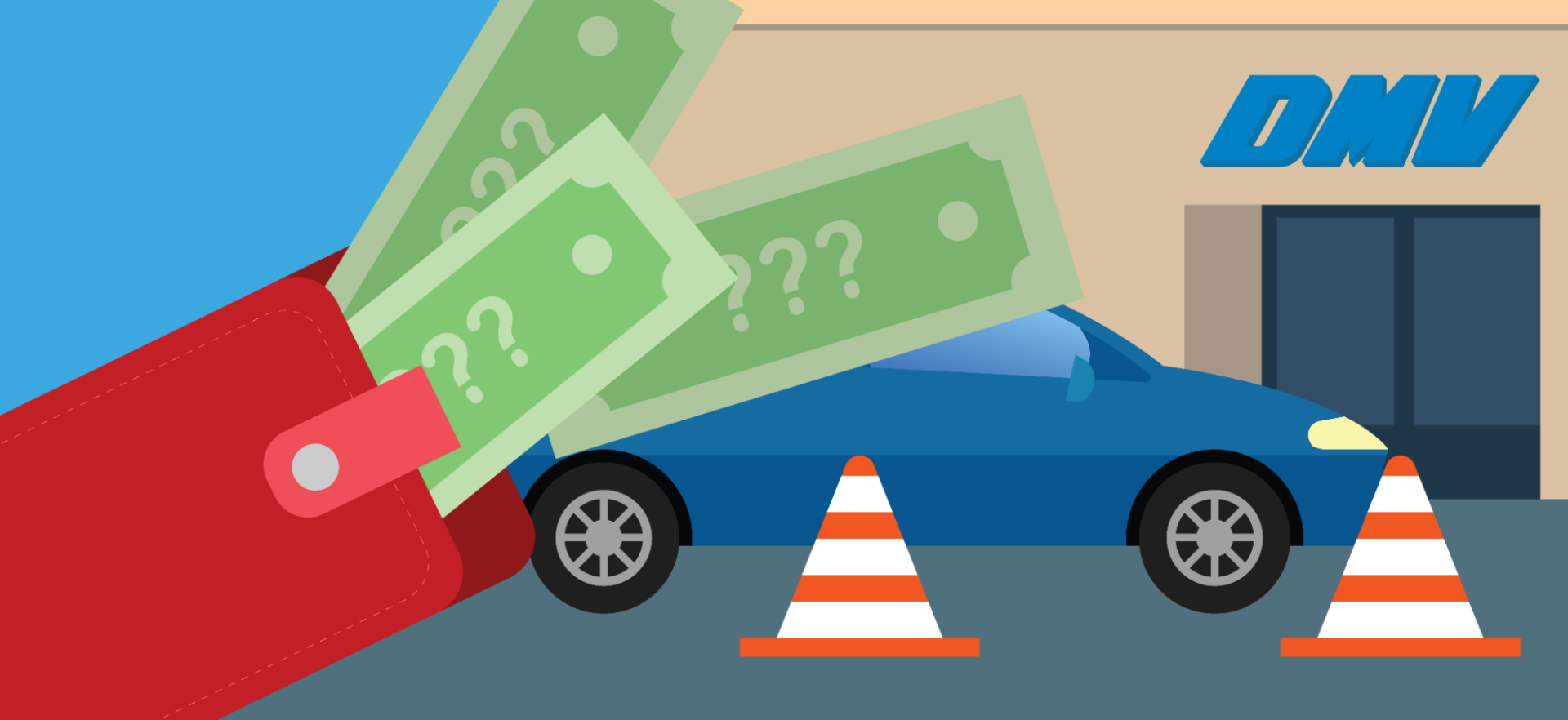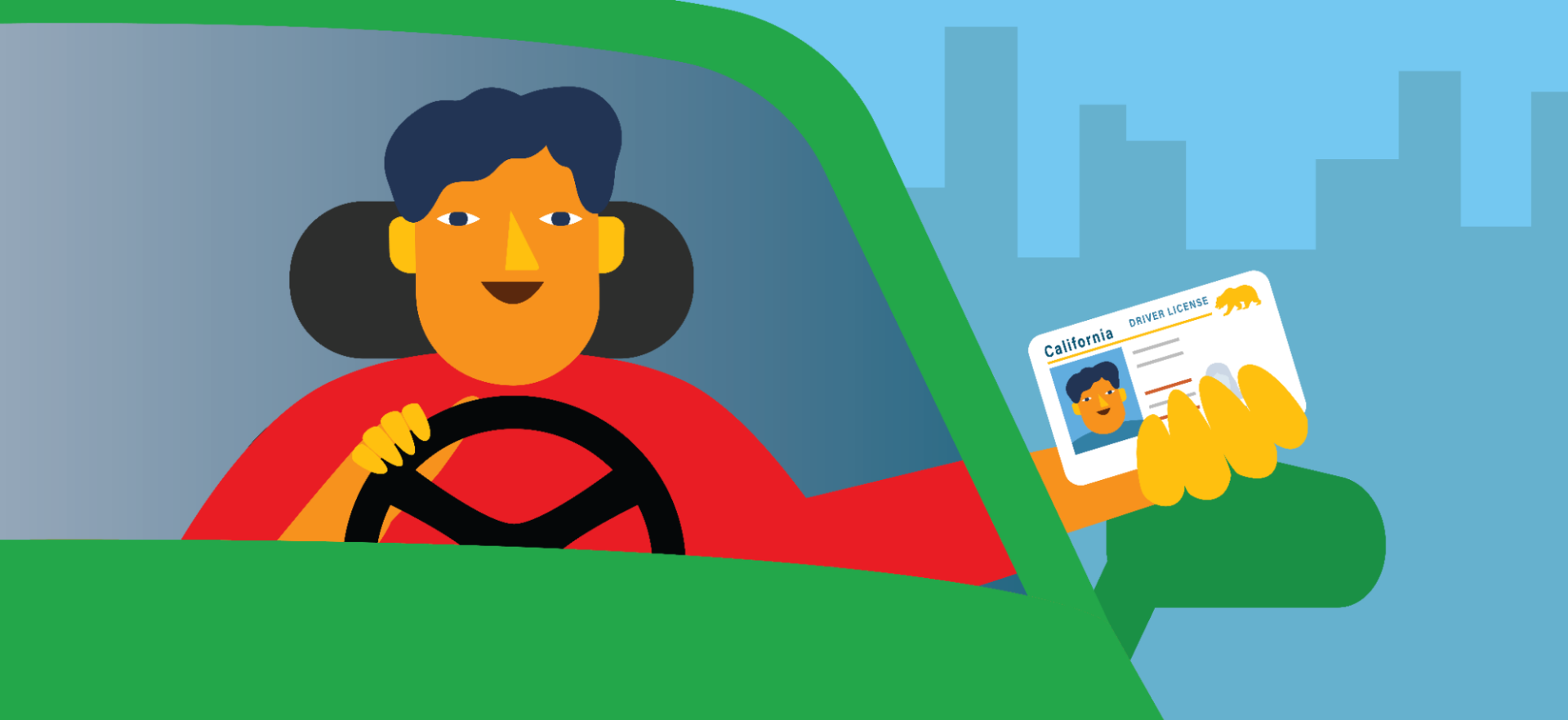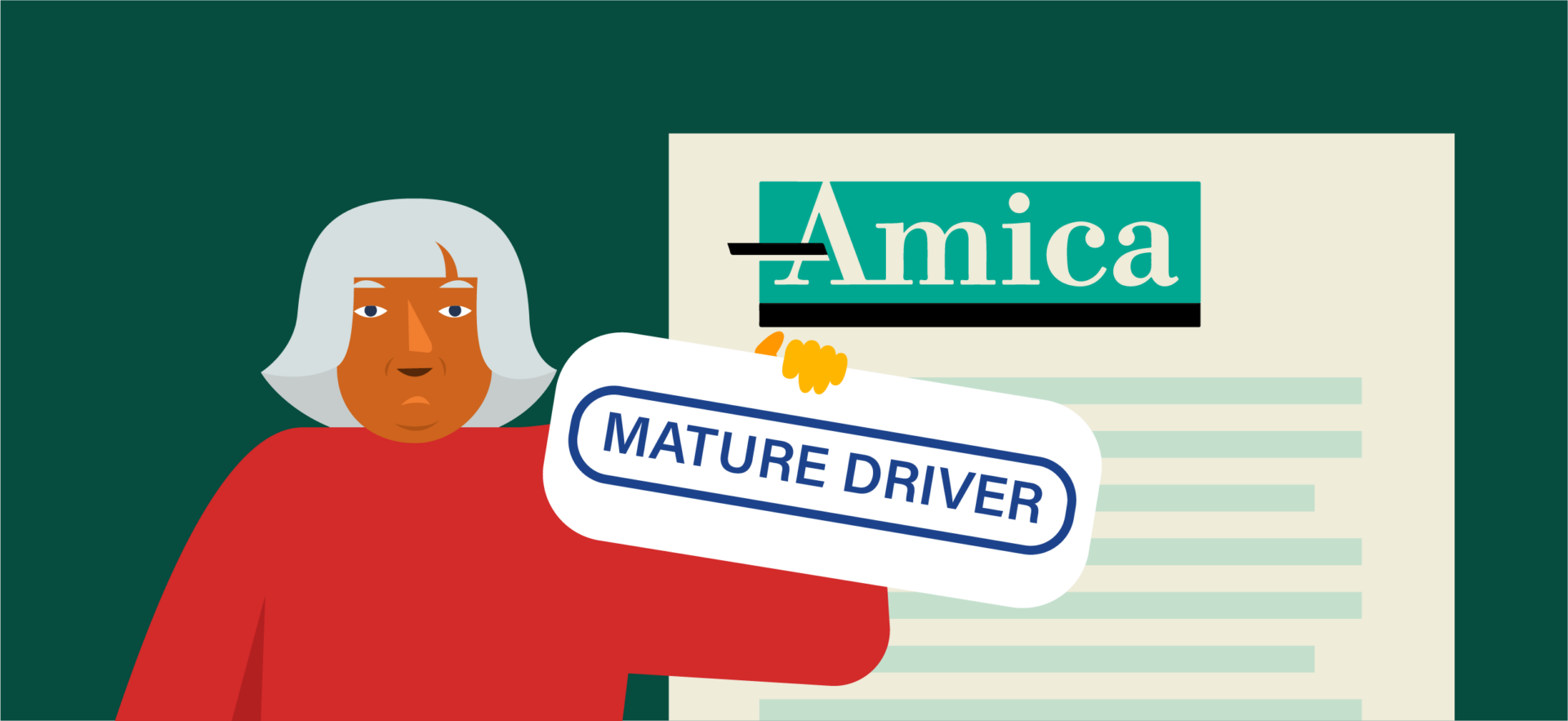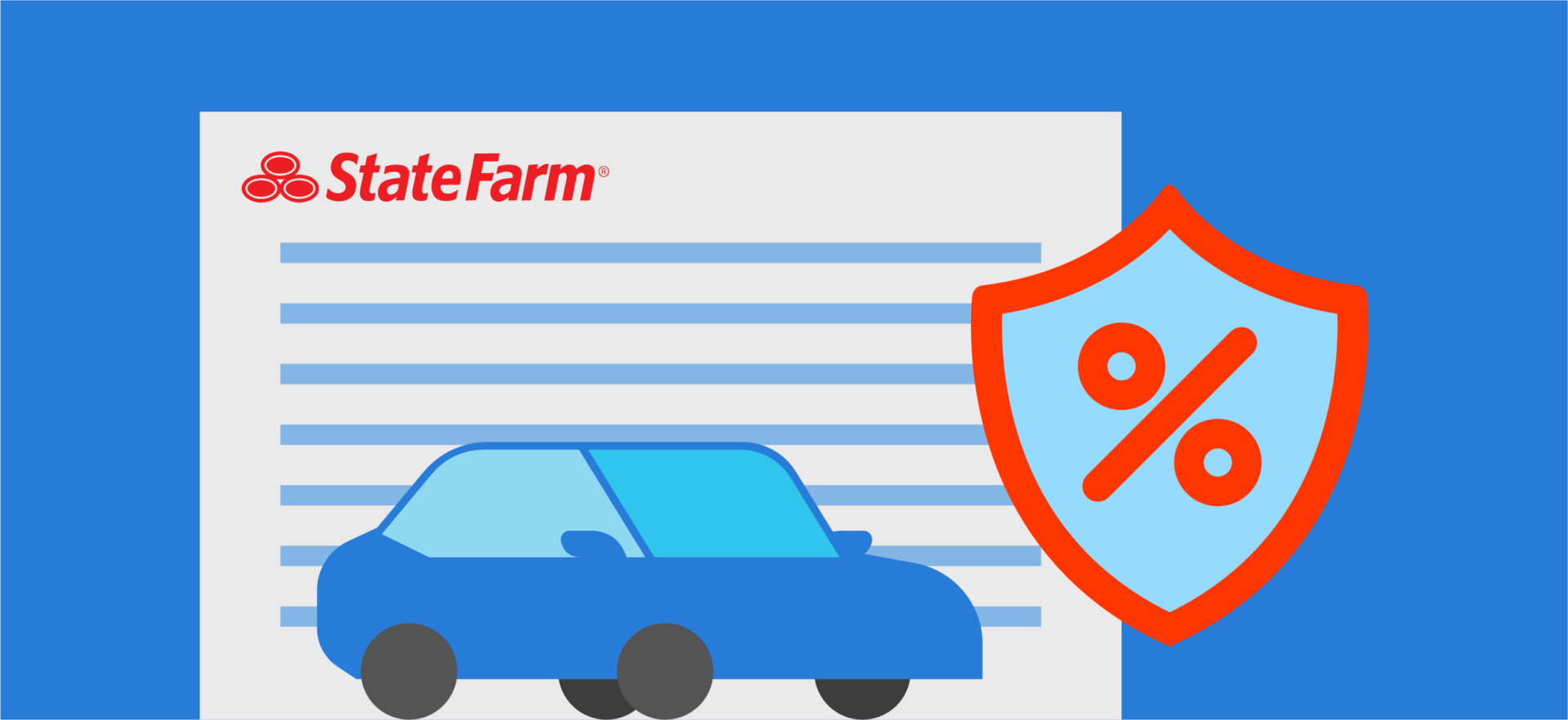Have you ever been pulled over by the police? Then you may have received a citation for speeding, tailgating, or other traffic offenses. This brings up the question: is a citation a ticket – and what implications does it have?
The words “citation” and “ticket” mean the same thing, as they both refer to the written notice you might get for breaking traffic laws. However, there are slight differences in their usage, depending on the context.
Here’s what you should know.
Ticket vs. Citation: What’s the Difference?
A citation, or ticket, is a legal notice issued to road users charged with traffic offenses. The word “citation” is typically used in legal and law enforcement contexts, whereas “ticket” is a more casual term.
Let’s take a quick look at these differences in usage:
| Category | Traffic Citation | Traffic Ticket |
|---|---|---|
| Formality | Formal term used in legal and law enforcement settings | Informal term, commonly used in everyday language |
| Seriousness | Associated with more serious violations, such as DUIs | Associated with minor infractions, such as running a stop sign |
| Regional variations | May have different meanings and implications across regions | Commonly used in the U.S. |
For example, the Texas Department of Public Safety (DPS) features an online database where you can search for a citation issued to you by the State Highway Patrol within the last 24 hours. Basically, it lets you see the tickets you received (if any).
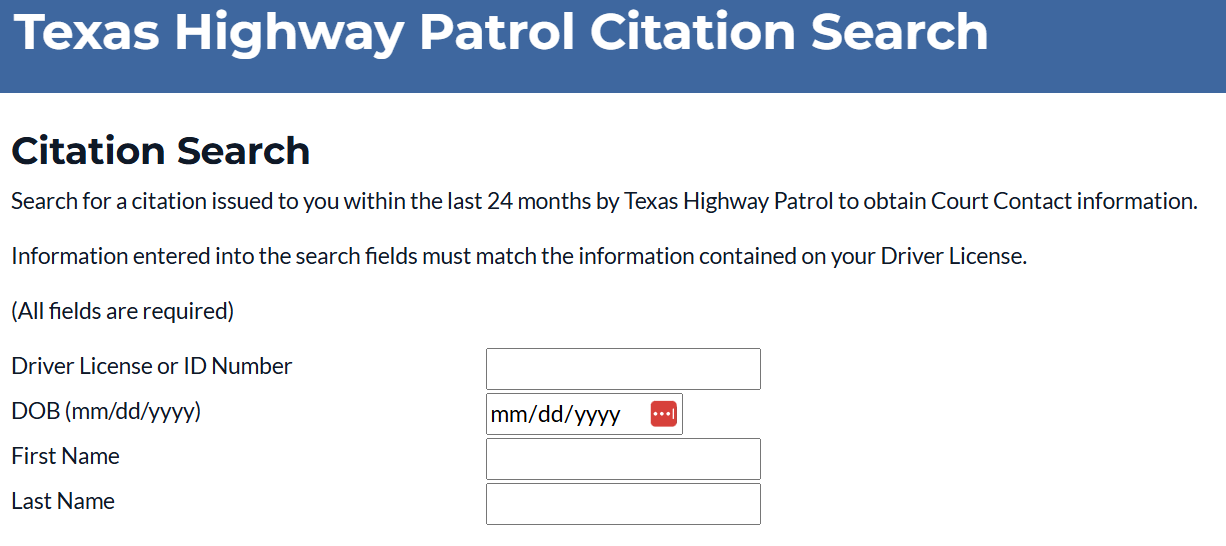
Similarly, most judges and lawyers prefer the term “citation” over “ticket.” But if you’re telling a friend about a fine you got for following too closely, you’ll most likely use the word “ticket,” not “citation.”
The term “citation” also tends to be associated with more serious offenses that may require a court appearance. But again, from a legal perspective, it’s the same thing as a ticket.
Defensive driving courses can help you dismiss a ticket and prevent insurance increases. Learn more below.
Citations, Moving Violations, Speeding Tickets
Traffic tickets, or citations, fall into two categories: moving and non-moving violations.
As the name suggests, moving violations occur while the vehicle is in motion. These may include:
- Speeding
- Improper lane changes
- Hit-and-runs
- Distracted driving
- Reckless driving
- Failure to yield
- Failure to signal
- Running a red light or stop sign
- Following too closely
- Disobeying traffic signs
- Cell phone use while driving
- Illegal passing
- Street racing
- Driving against the traffic
- Driving under the influence
Non-moving violations, on the other hand, involve a stationary vehicle. These are related to parking, vehicle documents, or the car’s technical condition and may include:
- Illegal parking (e.g., parking in a restricted area)
- Driving without car insurance
- Expired vehicle registration
- Expired driver’s license
- Invalid license plates
- Malfunctioning vehicle equipment
- Tinted windows
Certain traffic offenses are considered moving violations in some states, but non-violations in others.
For example, failure to wear a seatbelt is a non-moving violation in Texas. But if you get caught driving without a seatbelt in California, you’ll be charged with a moving violation.
Both moving and non-moving violations can impact your driving record, depending on their severity (more on that later).
However, you may get away with a written warning for minor offenses, such as driving with a broken taillight. A warning is less severe than a ticket or citation and doesn’t carry demerit points.
Read: How Much Is a Speeding Ticket in Texas?
Where Is the Citation Number on a Ticket?
Depending on the state, the citation number is listed in the top right or left corner of the ticket.
For example, the traffic tickets issued in Texas, Florida, and Nevada have the citation number in the upper right corner, as shown below.
Texas Traffic Ticket
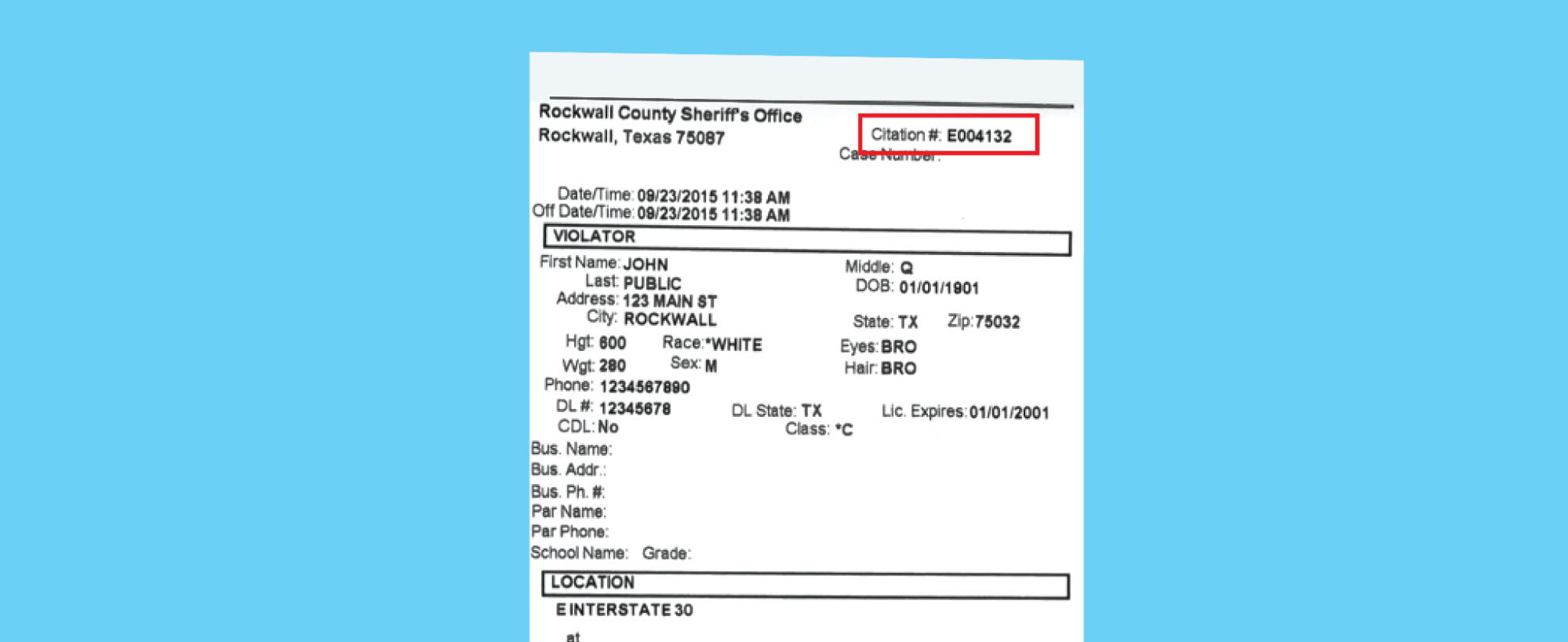
Florida Traffic Ticket
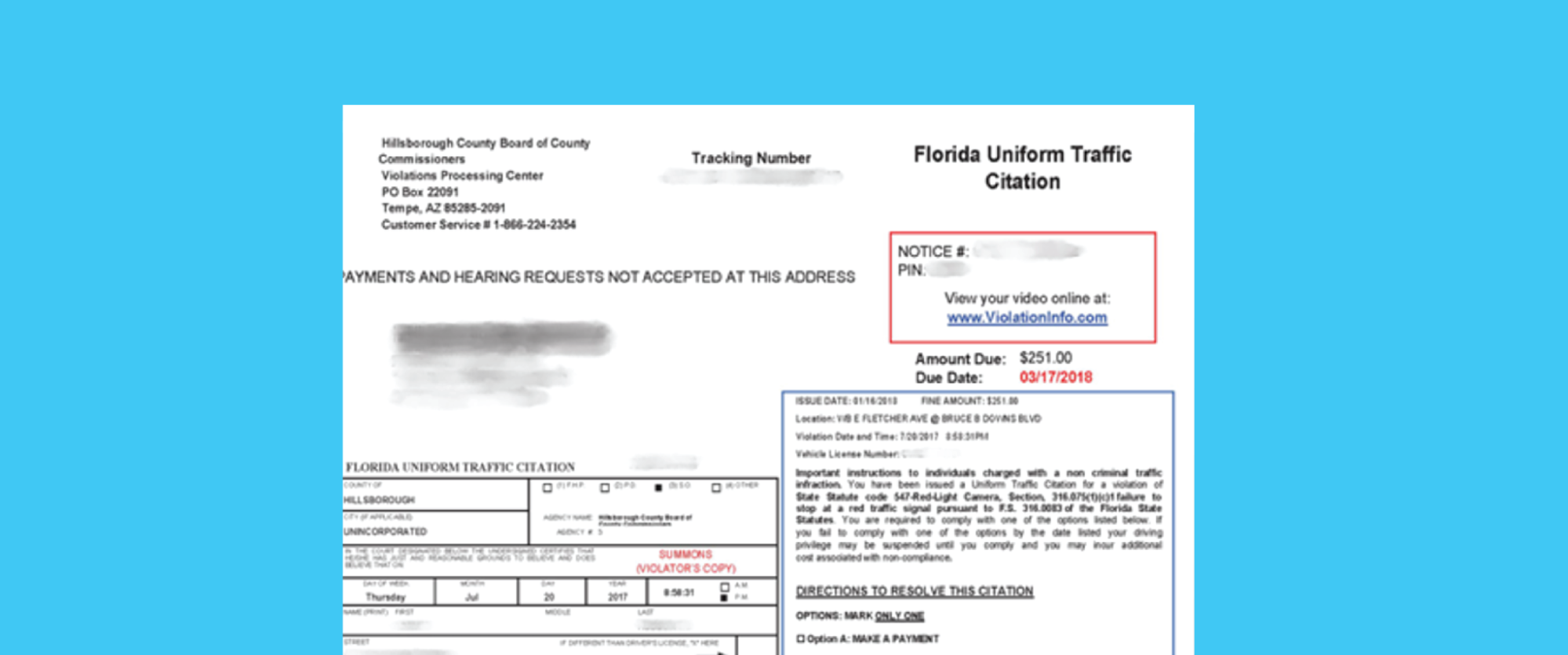
Nevada Traffic Ticket

New York
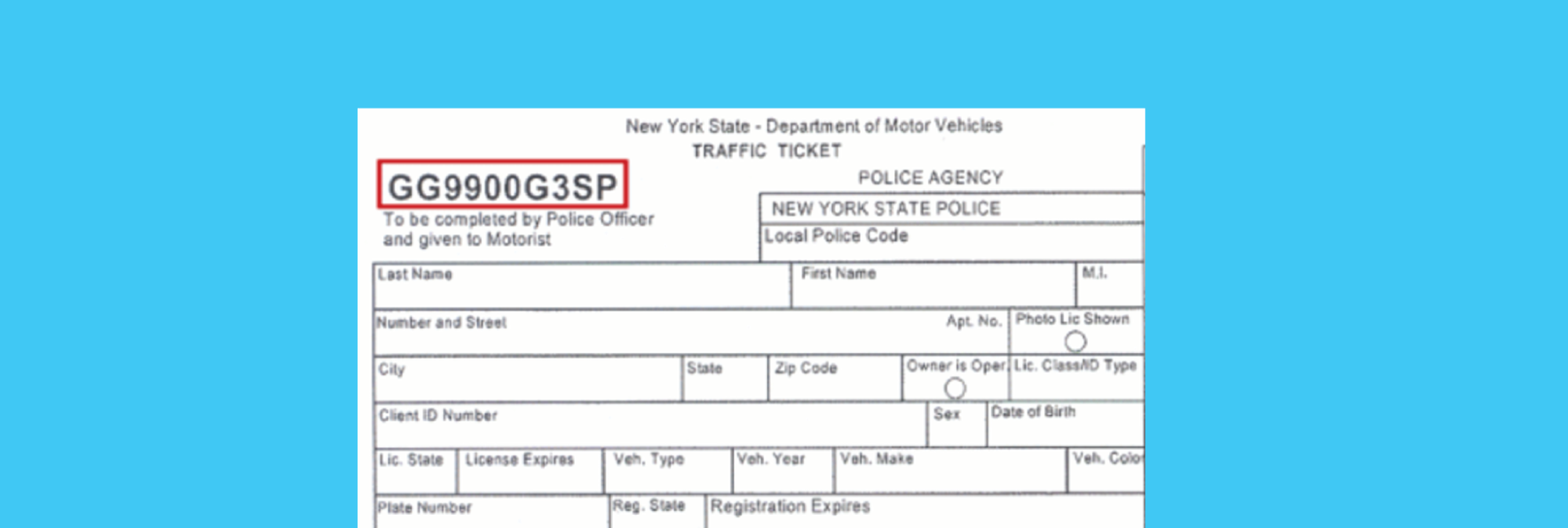
What’s Included in a Citation?
Traffic citations have a standard format and include the following information:
- Citation issuing agency (e.g., the Texas Highway Patrol)
- Citation or case number
- The violation(s) you are charged with
- The violation code, time, place, and location
- Your personal information and driver’s license number
- Vehicle information (e.g., the license plate number)
- Officer’s information
- Which court will handle your case
- Penalties and instructions
- Additional notes (if any)
Depending on the county, you may receive a paper citation or an electronic citation (e-citation). Either way, they will contain the same information.
Next, you can either contest the ticket or plead guilty, pay the fine, and go to driver safety school to keep your driving record clean. If you’re eligible for a driver’s safety course, you should see this option on your ticket.
Does a Citation Go on Your Record?
Unlike most other states (like California’s DMV point system, for example), Texas no longer uses a point system to penalize drivers for breaking traffic laws. Instead, it tracks the number of moving violations over a 12- to 24-month period.
What this means is that all moving violations will go on your record. The Texas DPS will suspend your license if you’re charged with:
- 4+ moving violations within one year
- 7+ moving violations within two years
- 2+ traffic offenses that conflict with a license restriction or endorsement
- A DUI or other more serious violations
Minor offenses, such as running a stop sign, can add up quickly and result in license suspension. The only way to get the charge dismissed (unless you decide to fight the ticket) is to attend a driver safety course (also known as a defensive driving course).
This option is available to drivers who meet the following requirements:
- Hold a non-commercial driver’s license
- Haven’t taken the course in the past 12 months
- Have been charged with minor moving violations, such as exceeding the speed limit by up to 25 miles per hour
- Had car insurance at the time of the offense
- The violation didn’t take place in a construction zone
Note that citations for hit-and-runs or passing a school bus are not eligible for a driver safety or defensive driving course for ticket dismissal.
At Traffic Safety Institute, we provide same-day submissions to the court and Texas DPS. Plus, our Texas driver safety course takes just six hours and can be completed online from any device. We’re licensed in all Texas counties, including Harris, Dallas, Tarrant, Bexar and El Paso.
Need one more reason to sign up?
You pay only when you pass. That’s right – you can start our course for free and pay a flat fee of just $25 after completing the 12 lessons.
Our fee includes an electronic certificate copy, audio read-alongs, 24/7 live chat, and other perks.
Don’t wait until it’s too late. Start Texas driver safety school for FREE today.
Does a Citation Go on Your Insurance?
Even a minor traffic offense can raise your car insurance rates. For reference, drivers who get a speeding ticket in Texas pay up to 42% more for auto insurance than those with a clean driving record.
The only way to keep your premiums from increasing after a traffic conviction is to get your ticket dismissed. To do that, you must either take a defensive driving course or fight the ticket in court and win.
Generally, attending a driver safety course is the best course of action for drivers with minor offenses. It’s quick, easy, and hassle-free, and you can study at your own pace. Just make sure you check with the court to ensure you meet all eligibility criteria.
FAQs about Citations and Tickets
Want to know more about traffic citations? Here are the answers to some frequently asked questions.
Is a citation like a warning?
No, it is not. A warning can be verbal or written and doesn’t require paying a fine. Plus, it won’t go on your driving record or affect your insurance premiums.
By comparison, traffic citations have legal implications ranging from fines and license suspension to jail time.
Is a citation a crime?
A traffic citation itself isn’t a crime. It’s just a legal notice that documents the offense you’re charged with, its implications, and what you can do about it.
However, certain citations, such as those issued for reckless driving or DUIs, may result in criminal charges if you don’t get the conviction dismissed.
Is there a citation ticket lookup?
Most states and counties provide online citation lookup tools.
For example, you can use the Texas Highway Patrol Citation search tool to see the tickets you got within the last 24 months.
The Austin Municipal Court Portal allows you to look up your case online as well. Its search tool is aimed at those who know they received a ticket and want to track its status or find out more about it.
